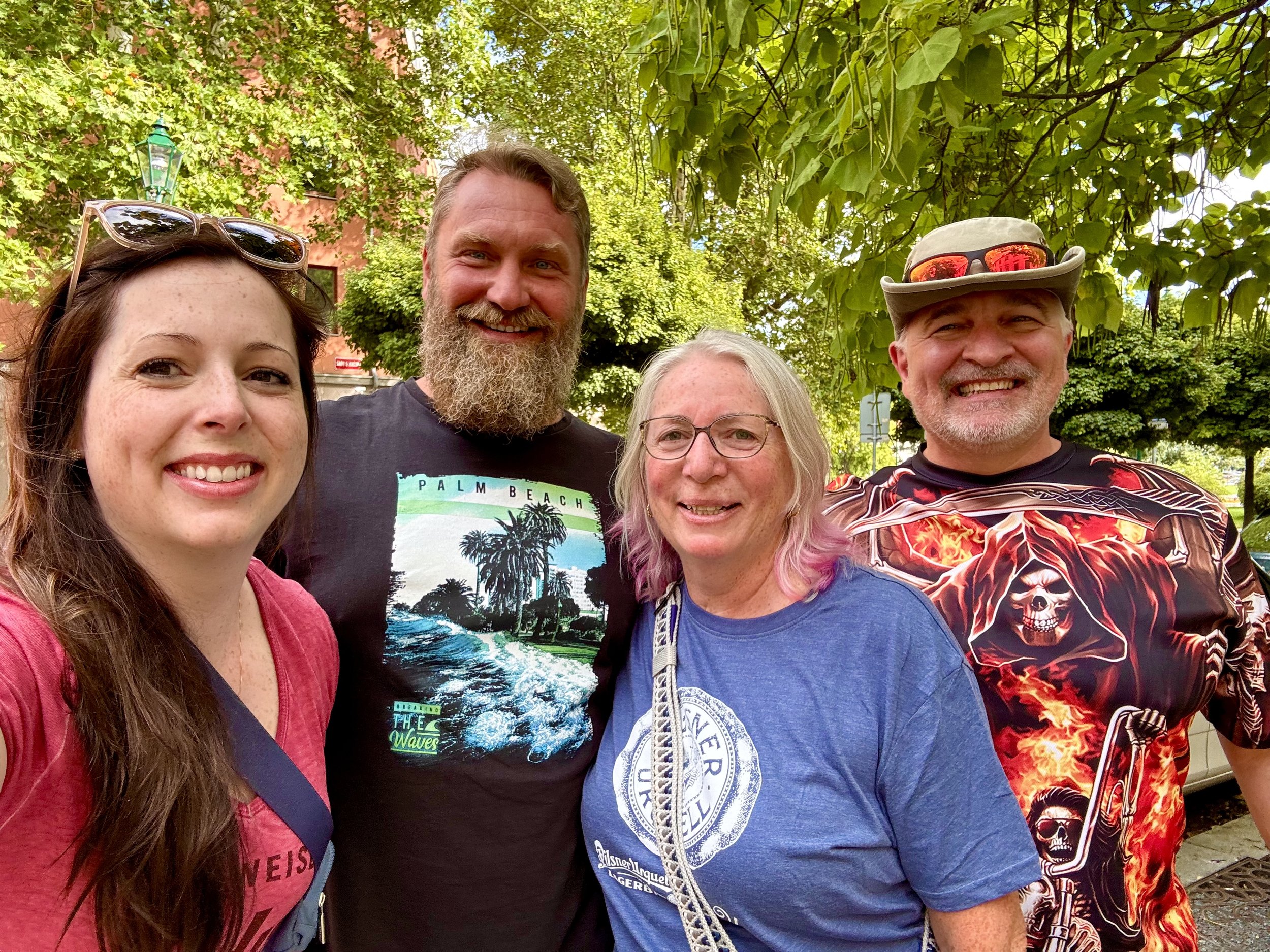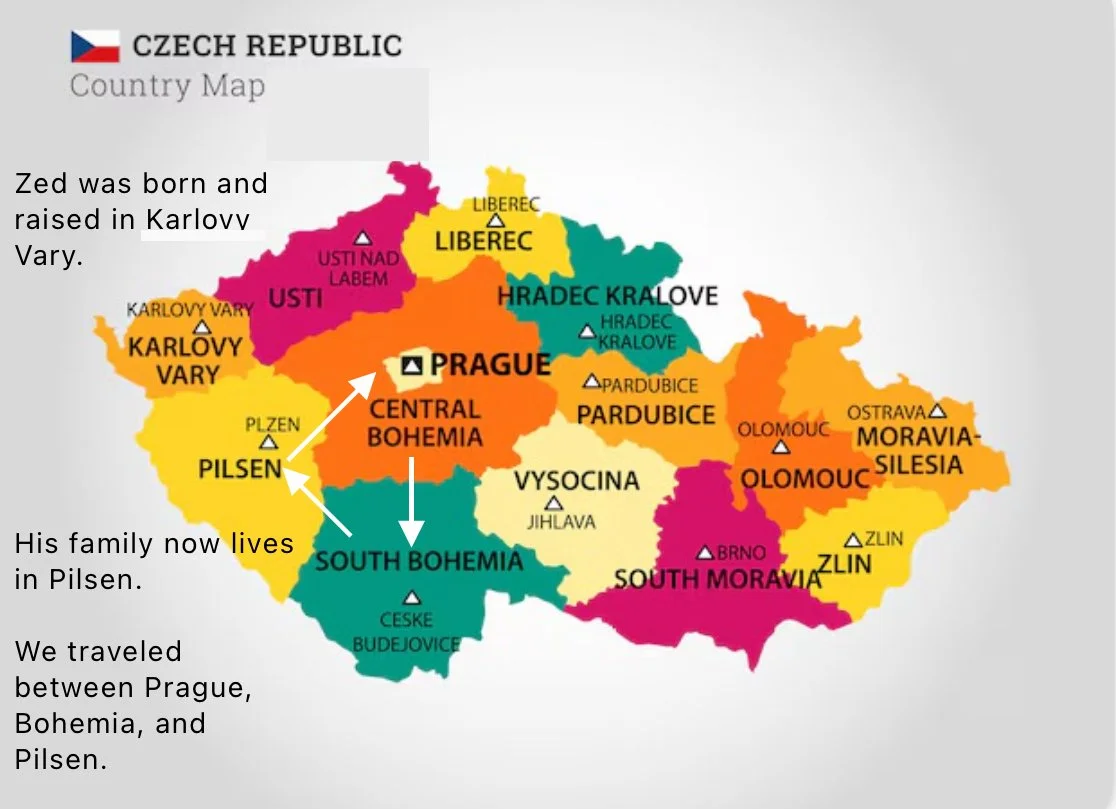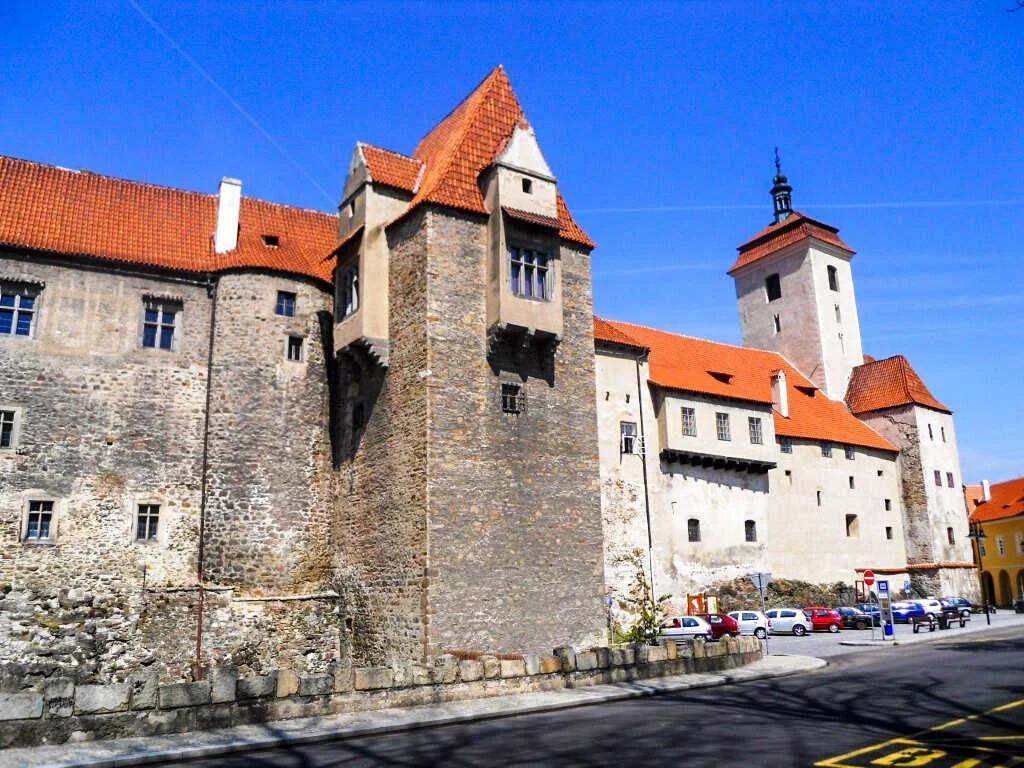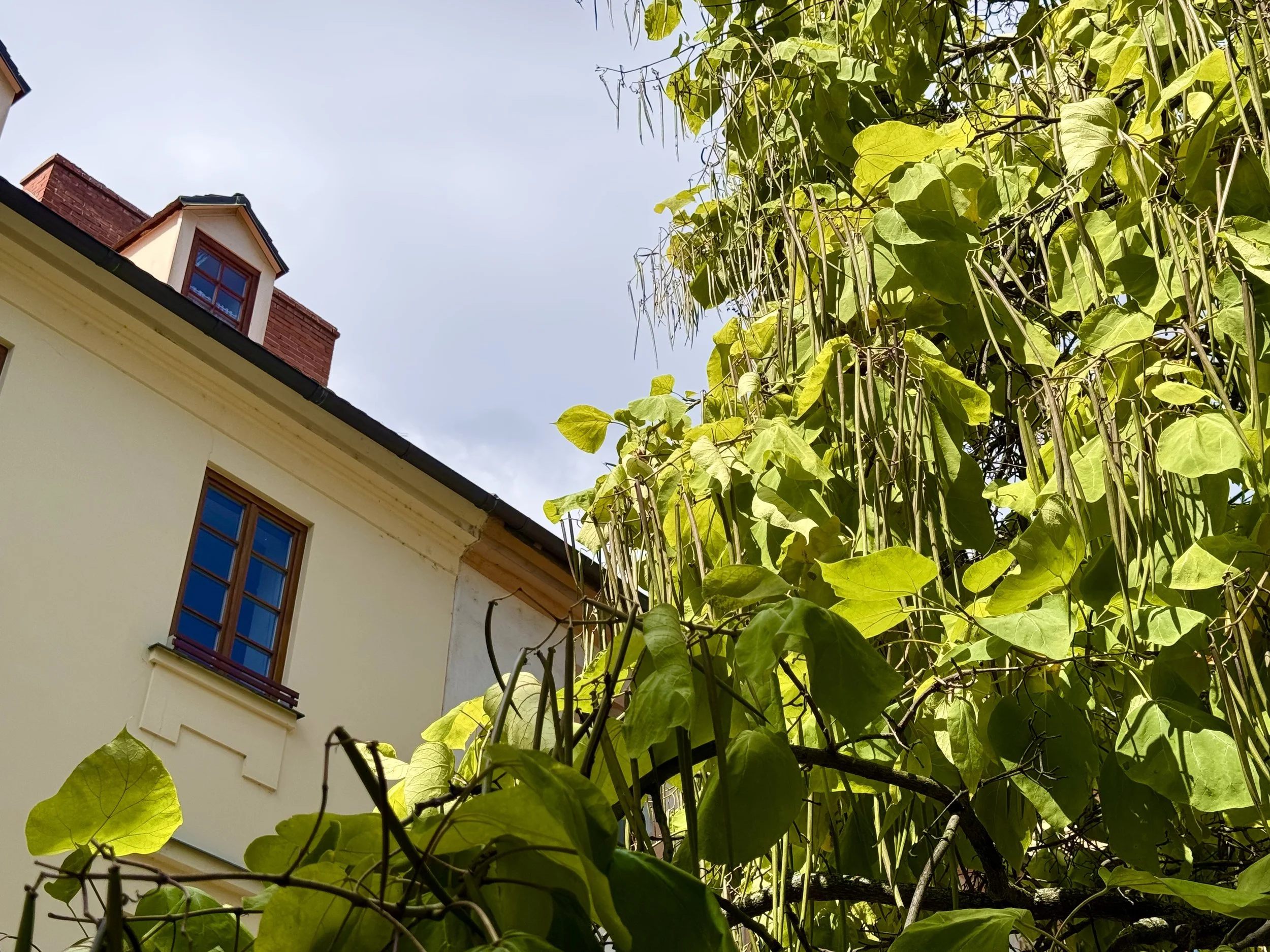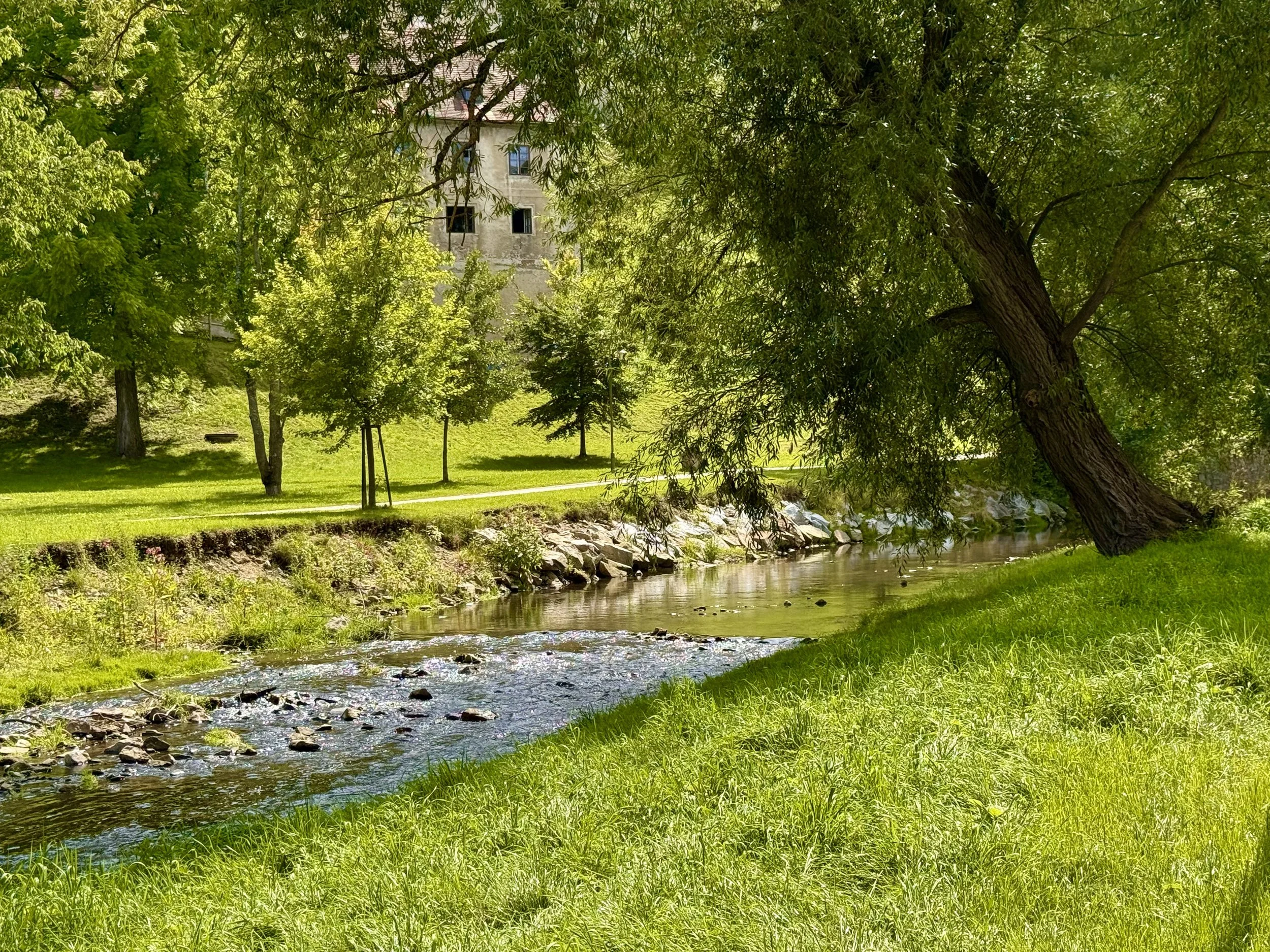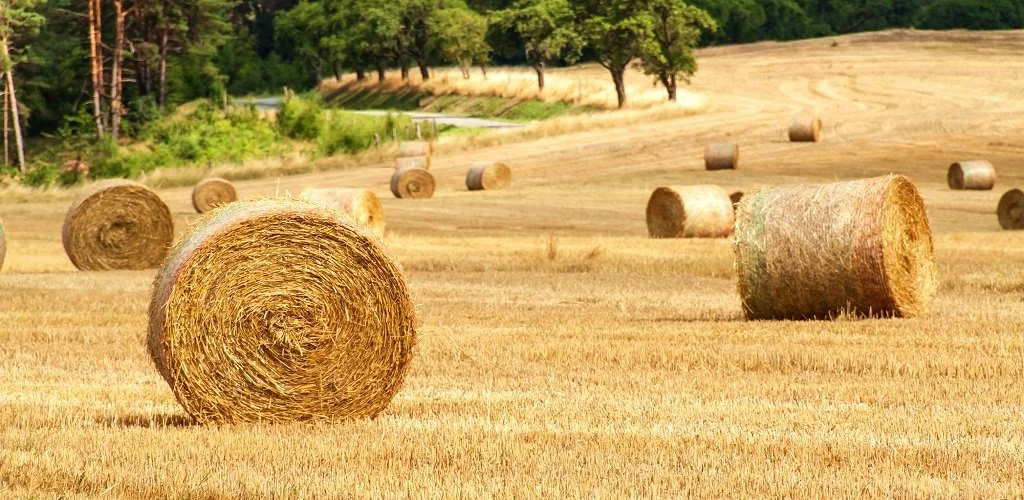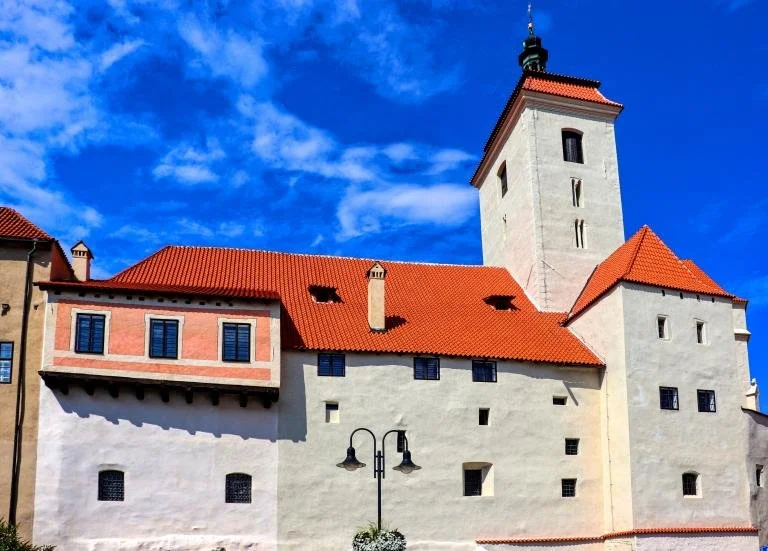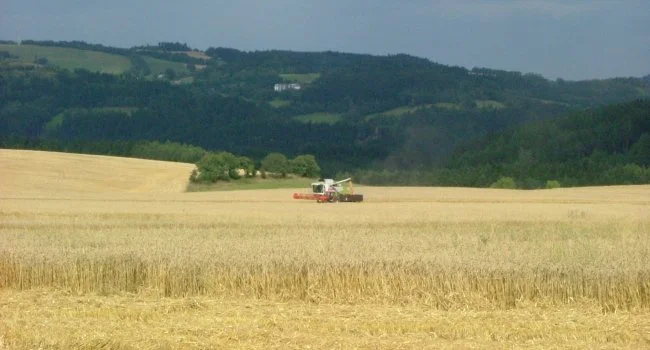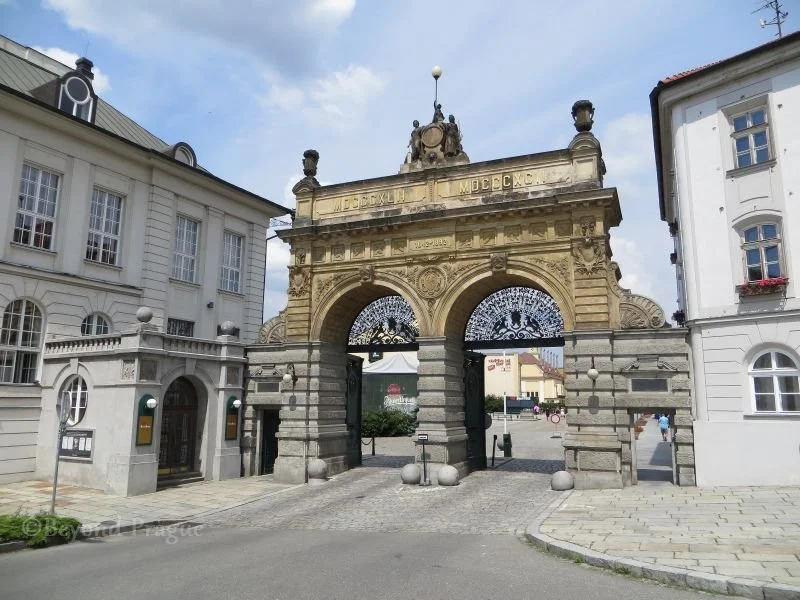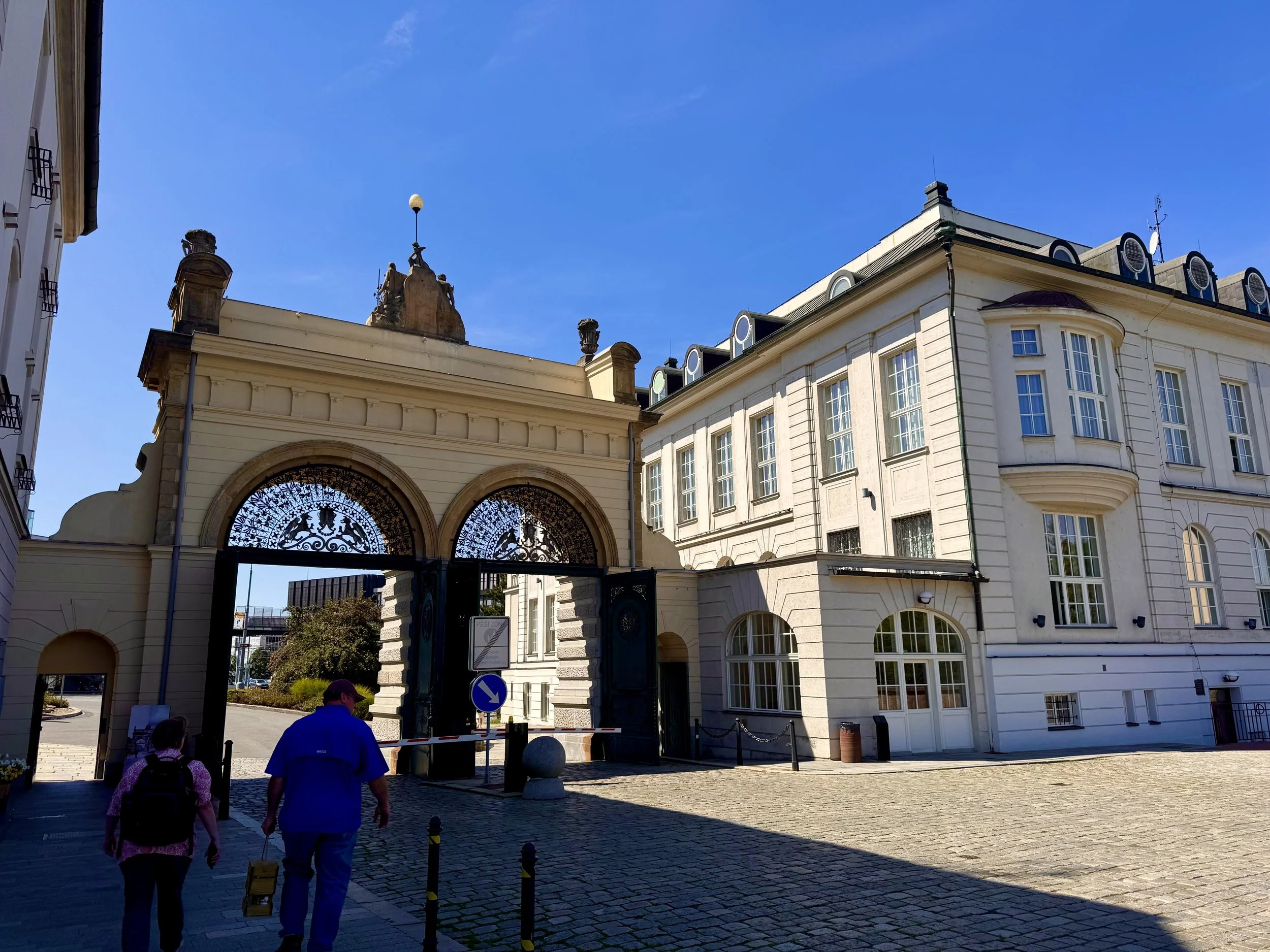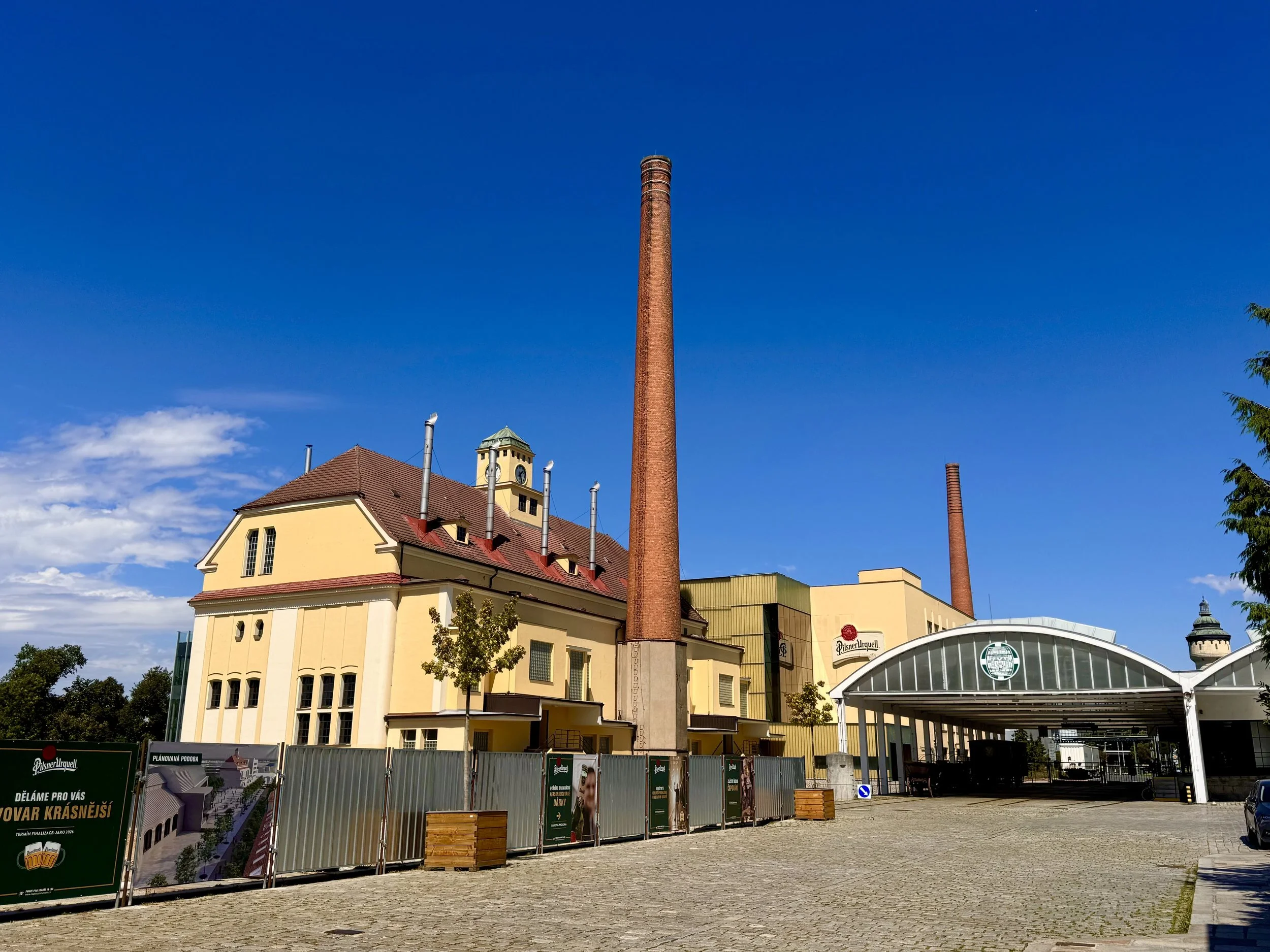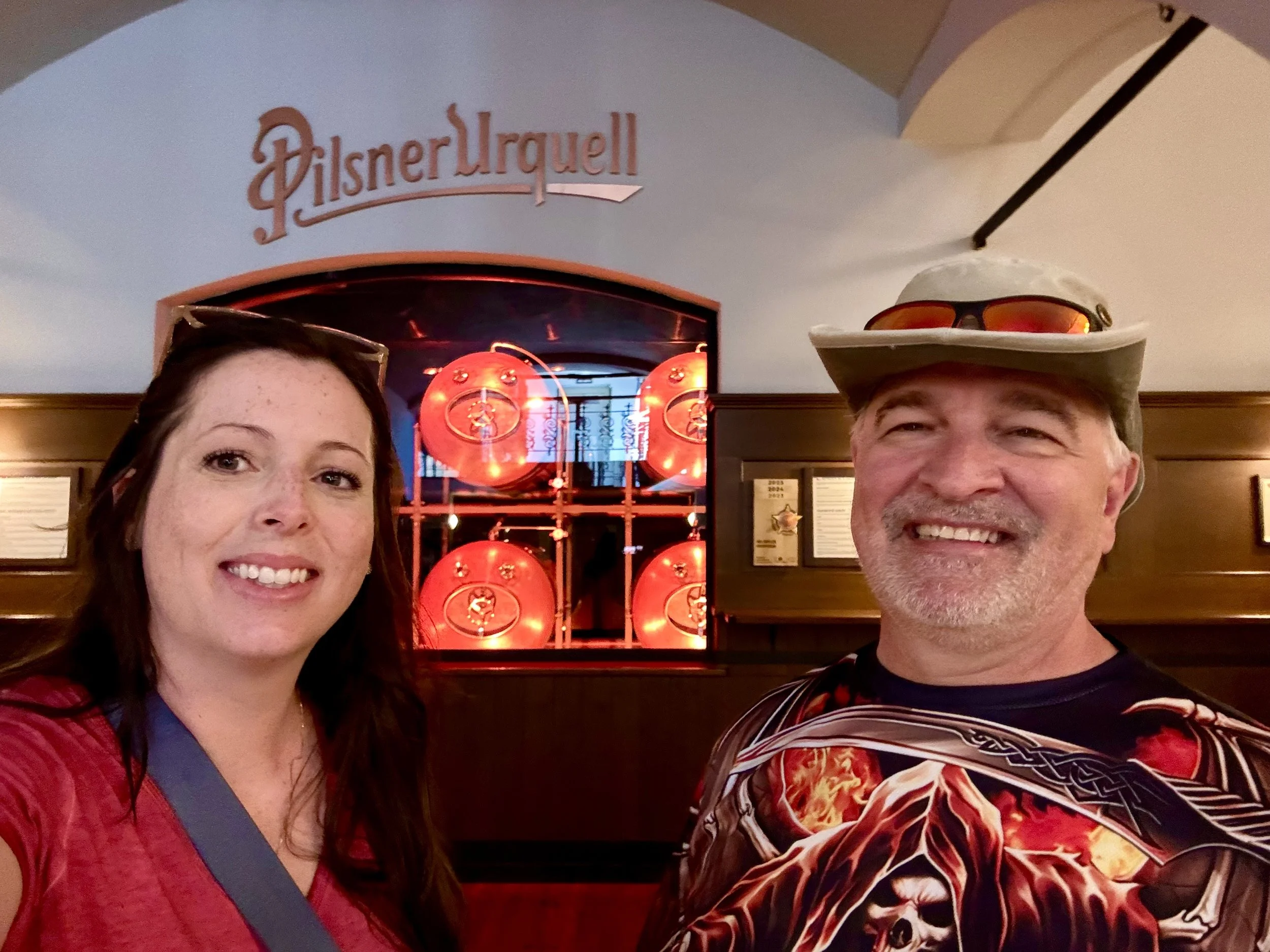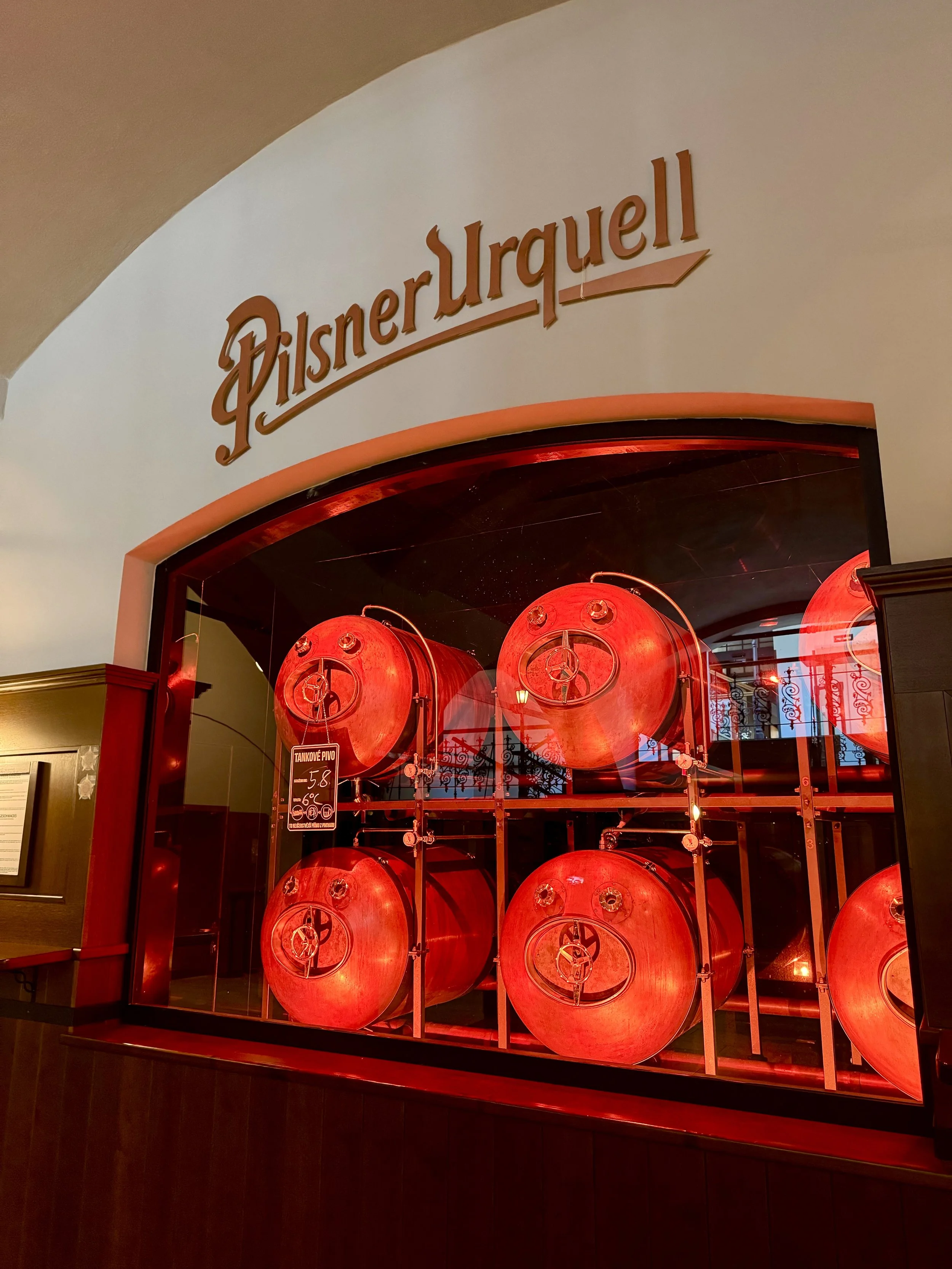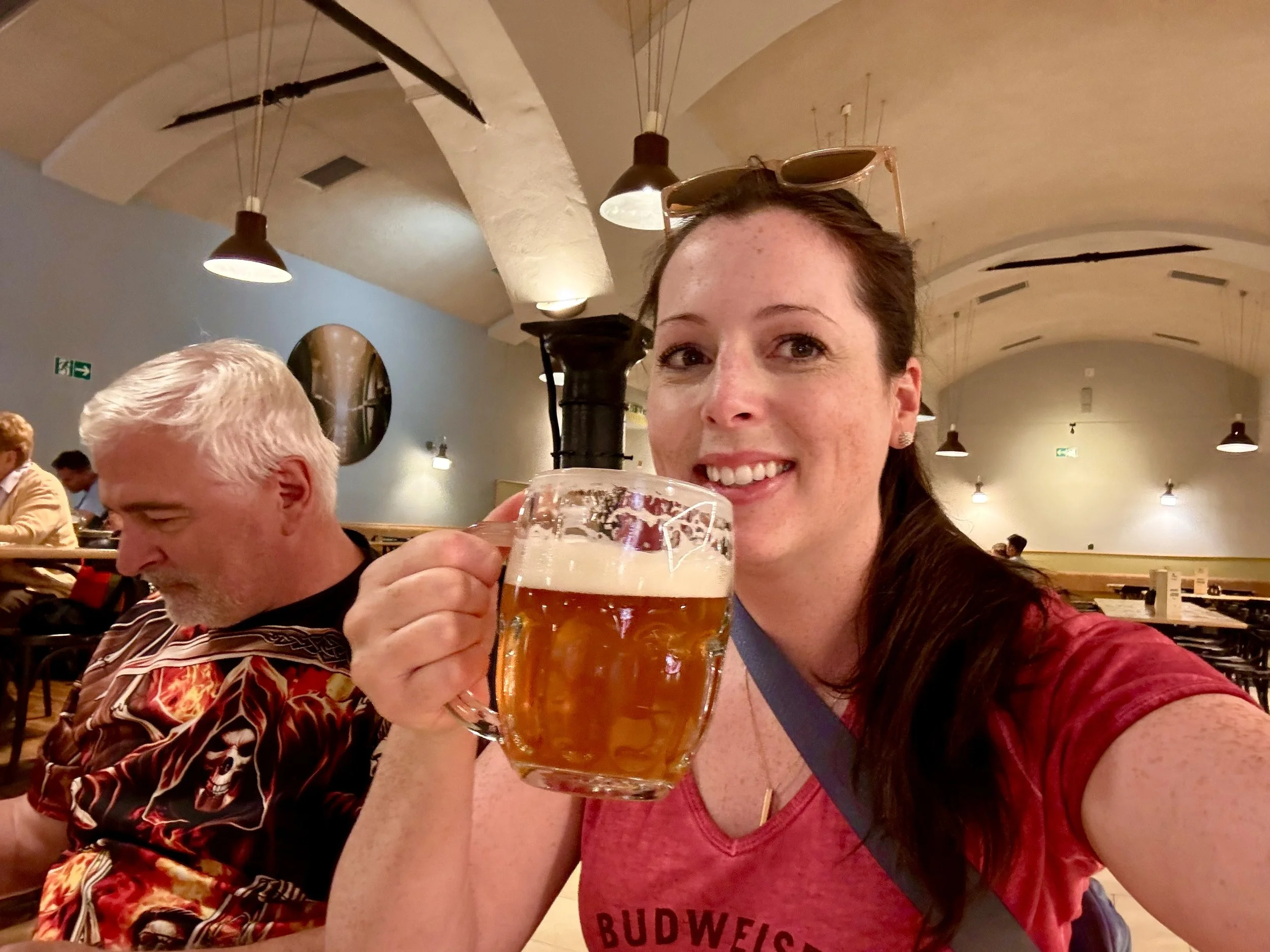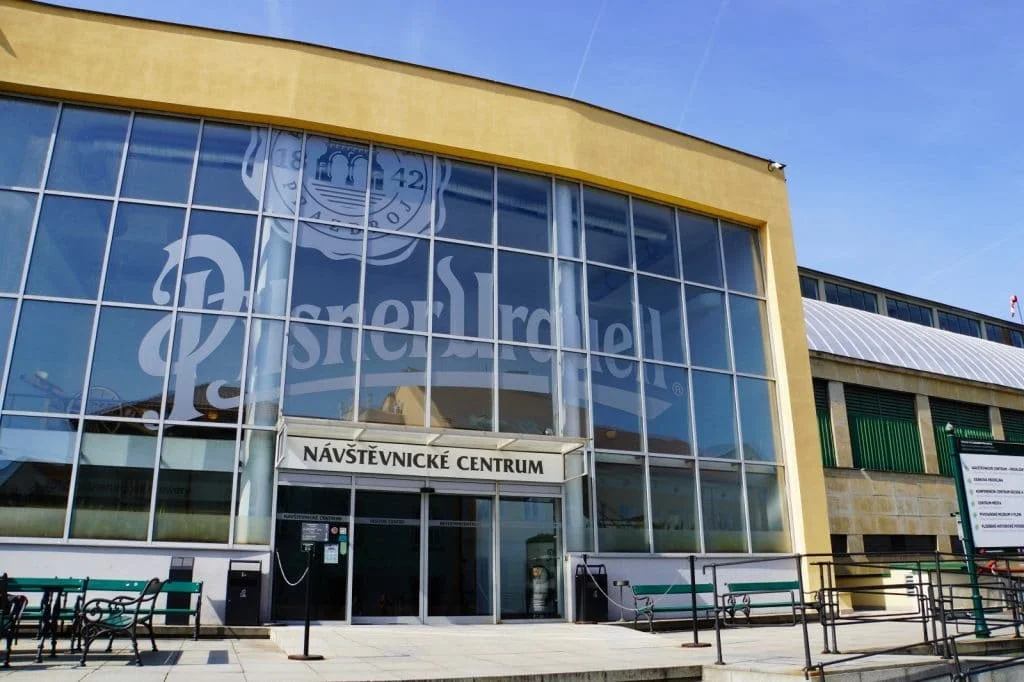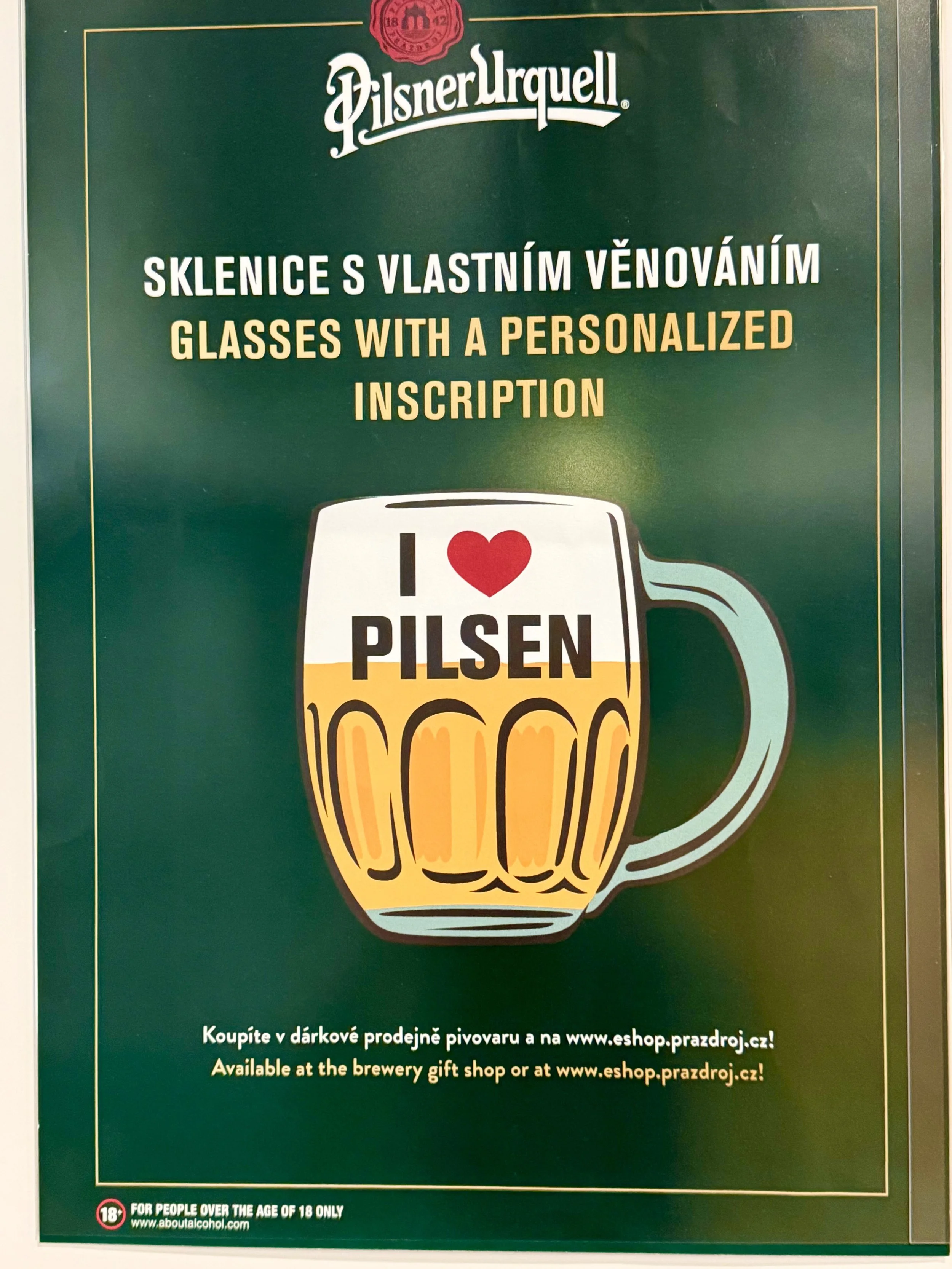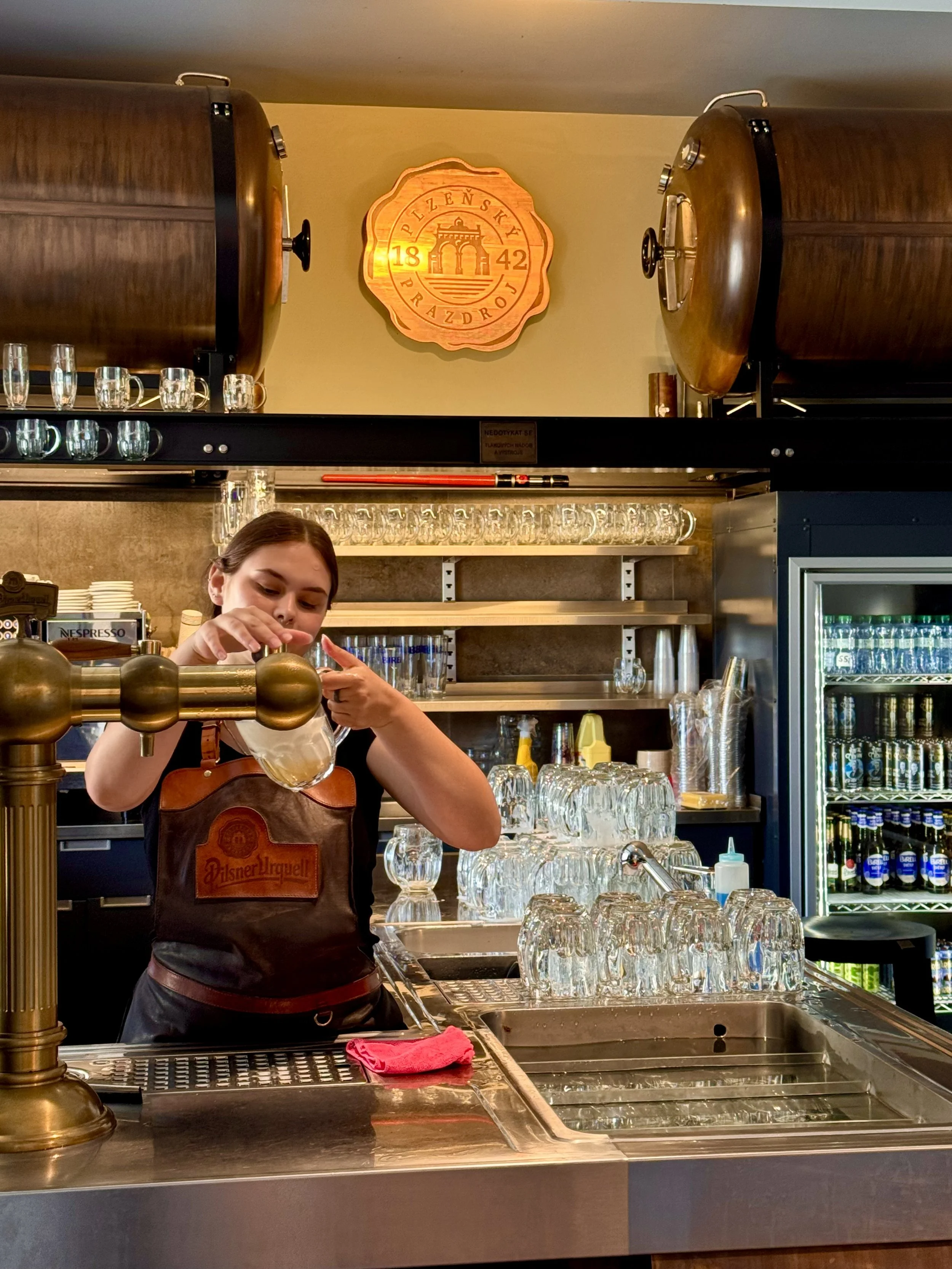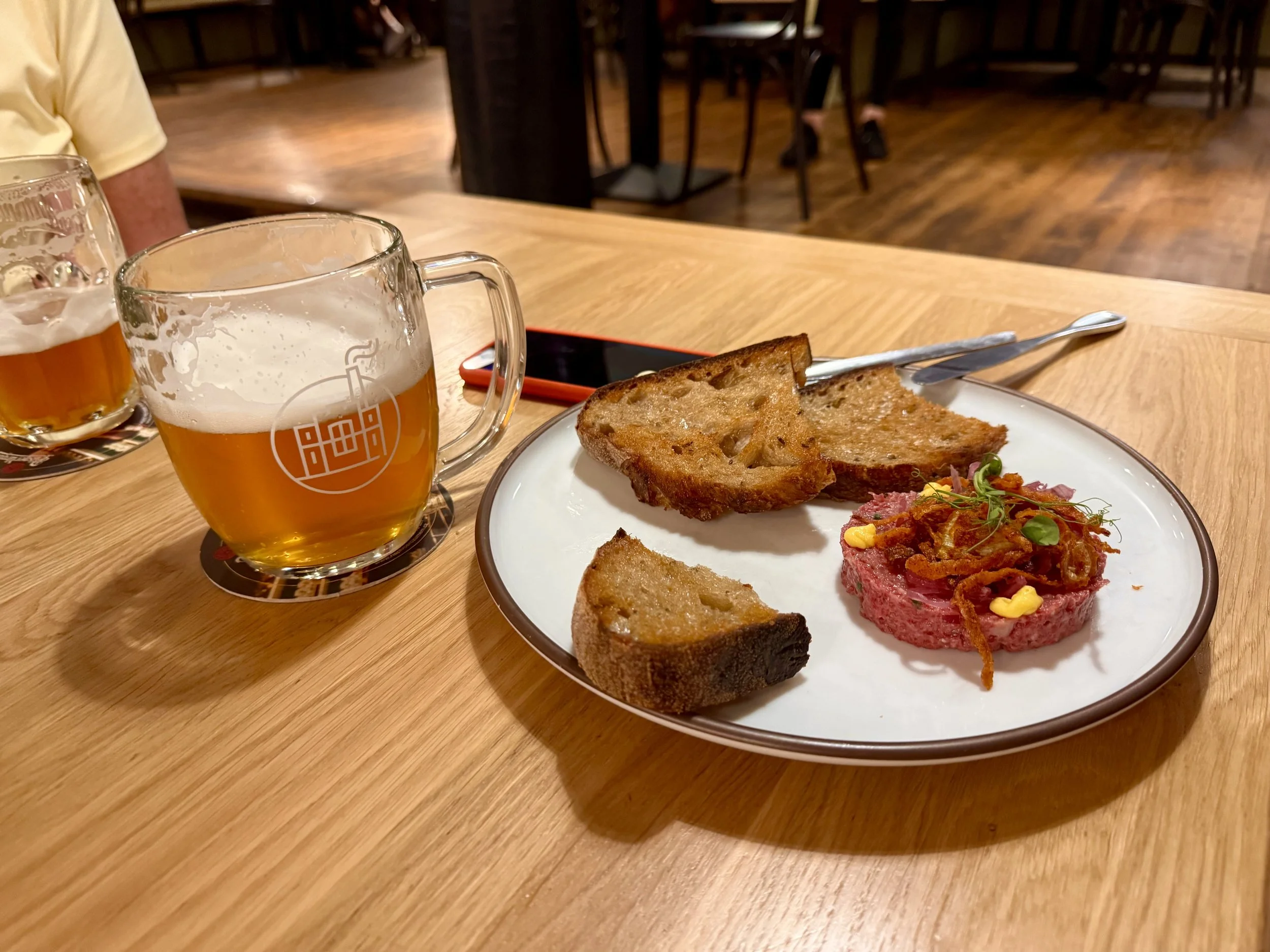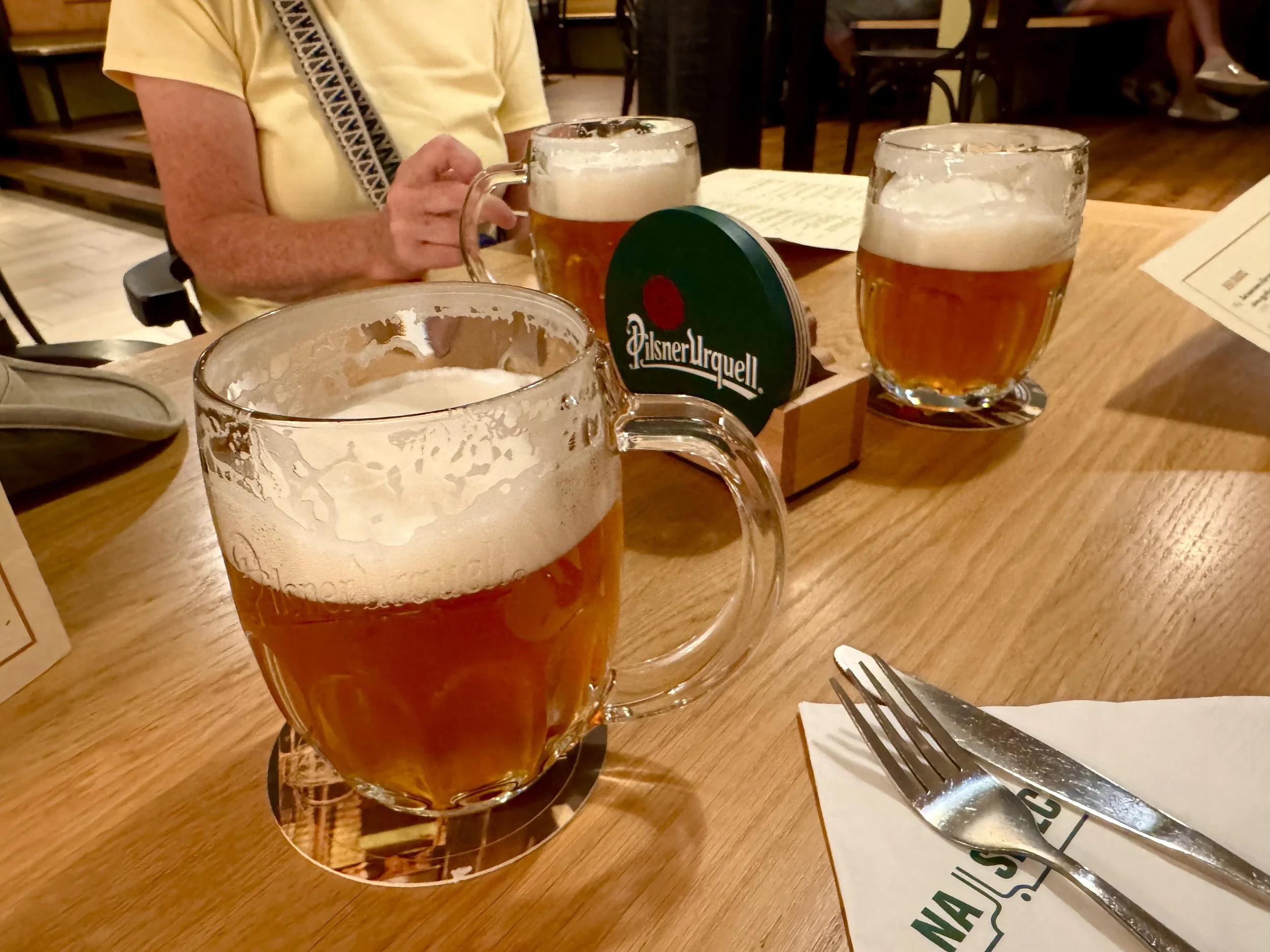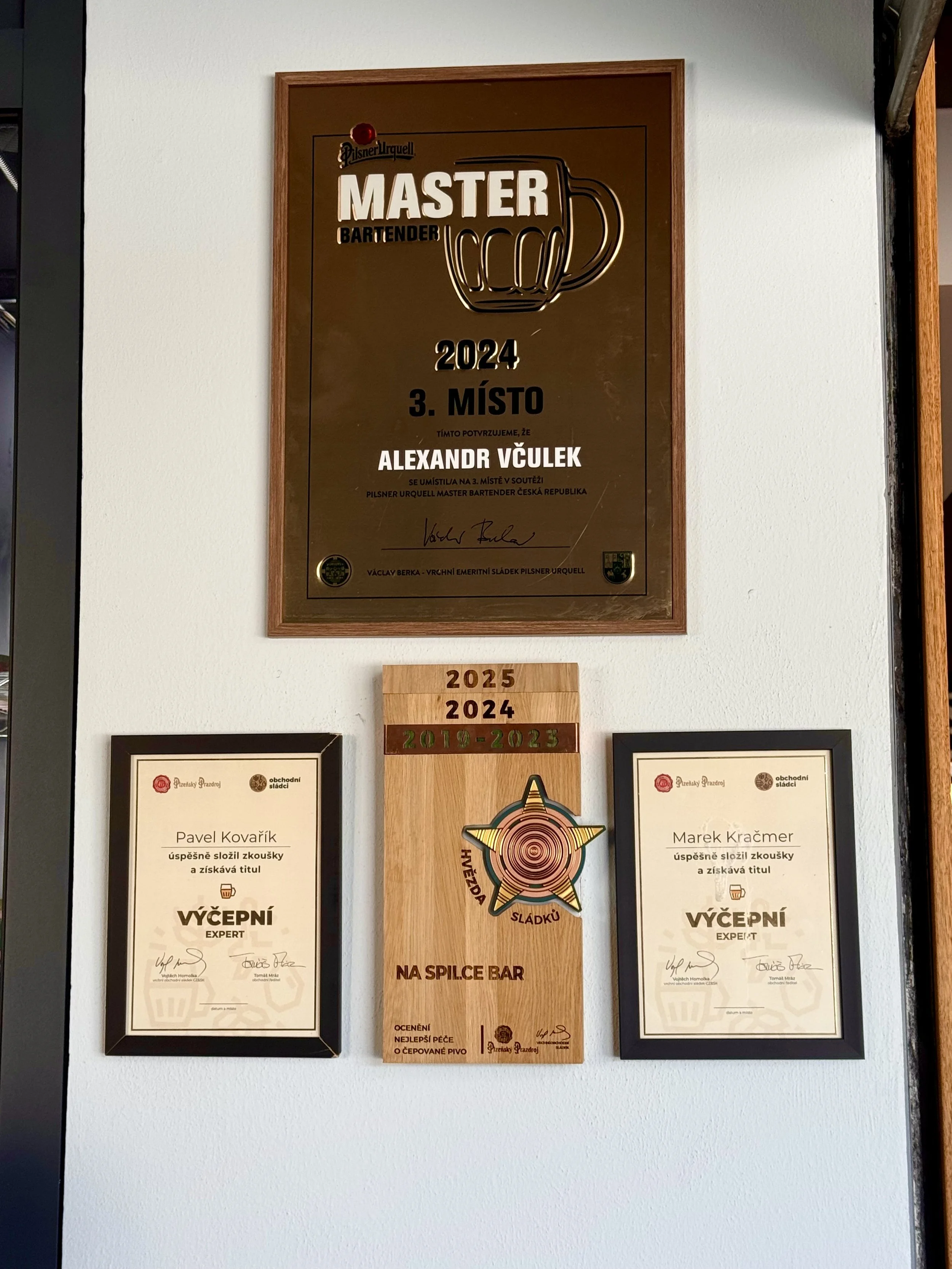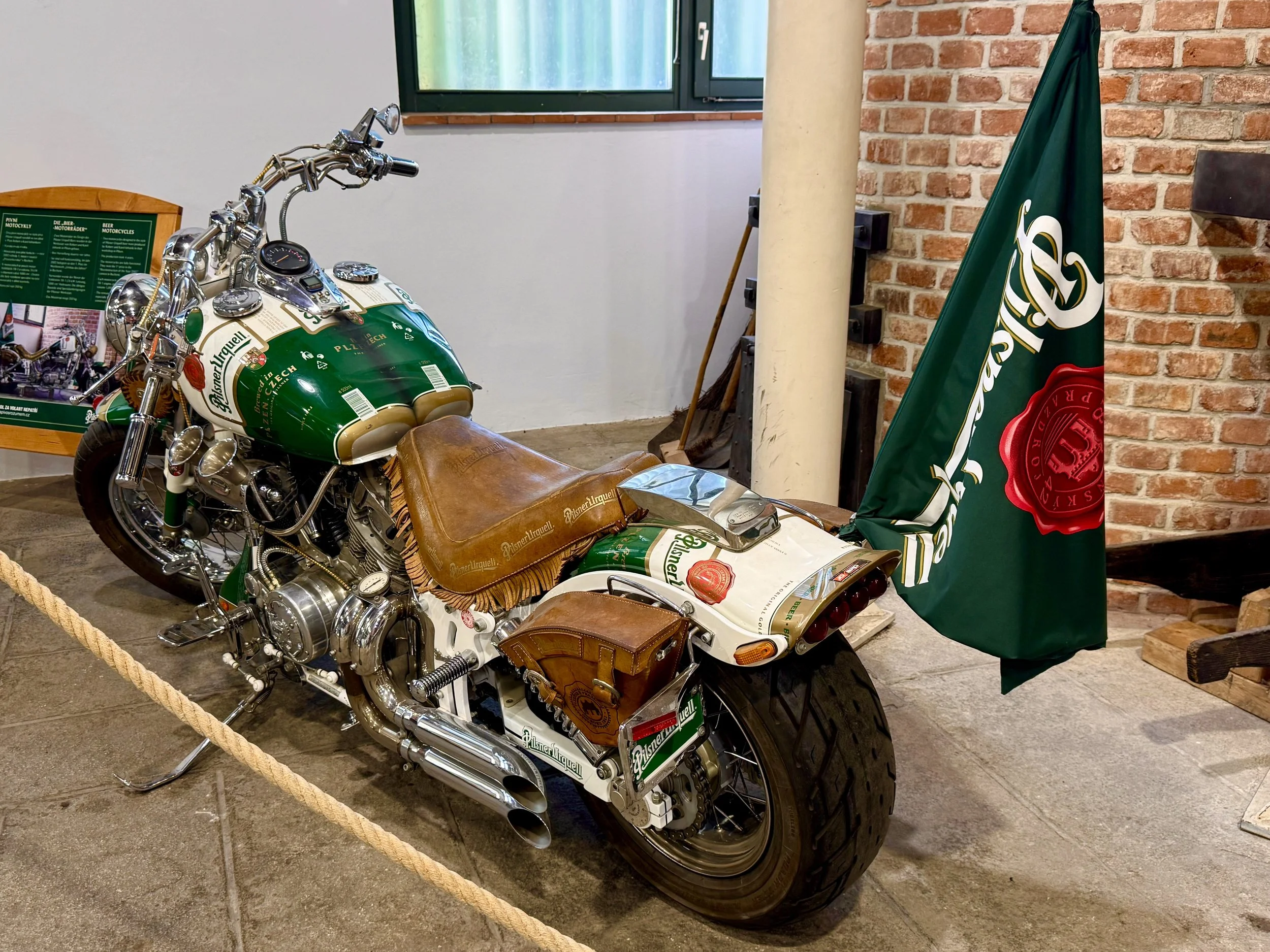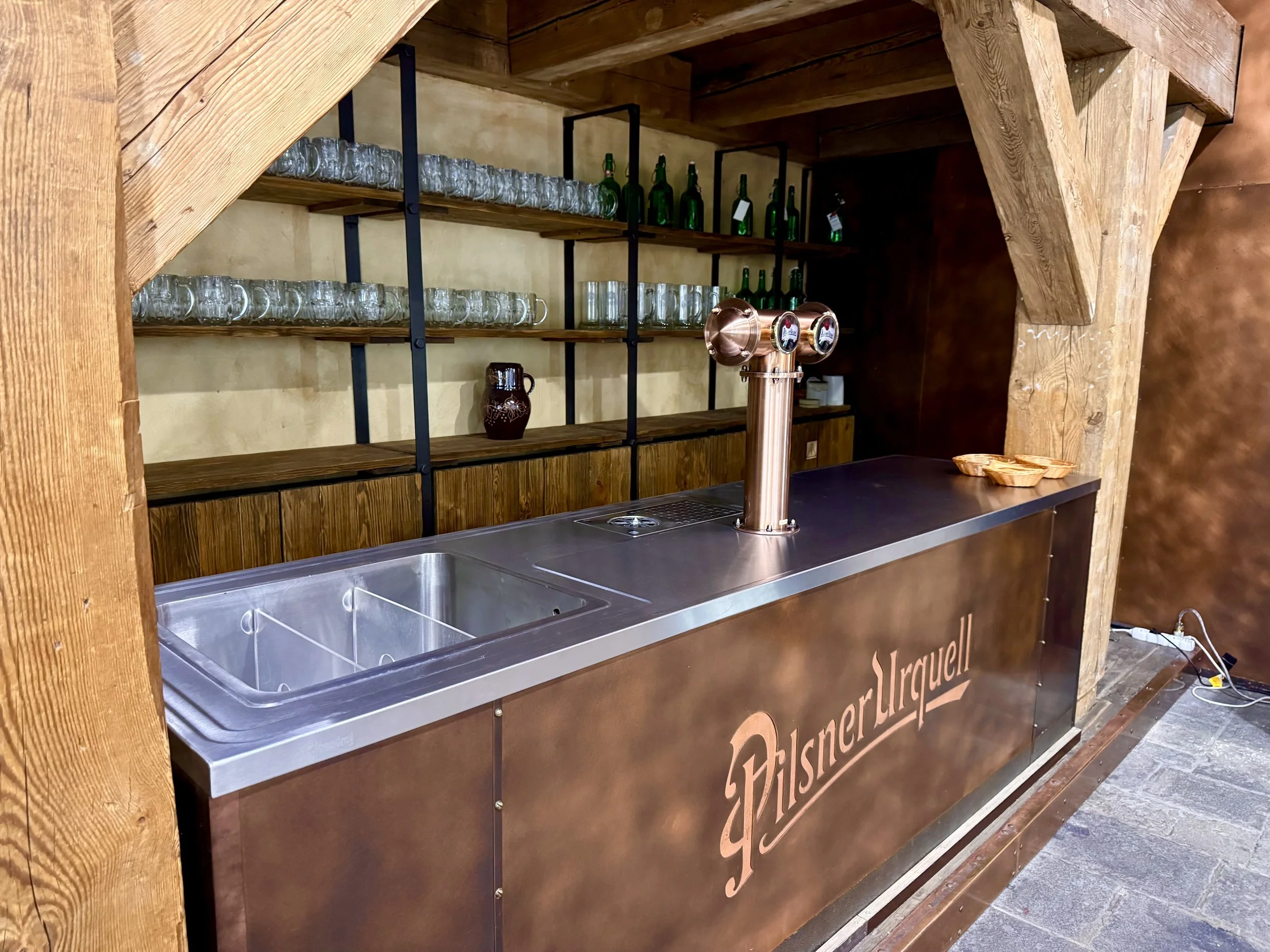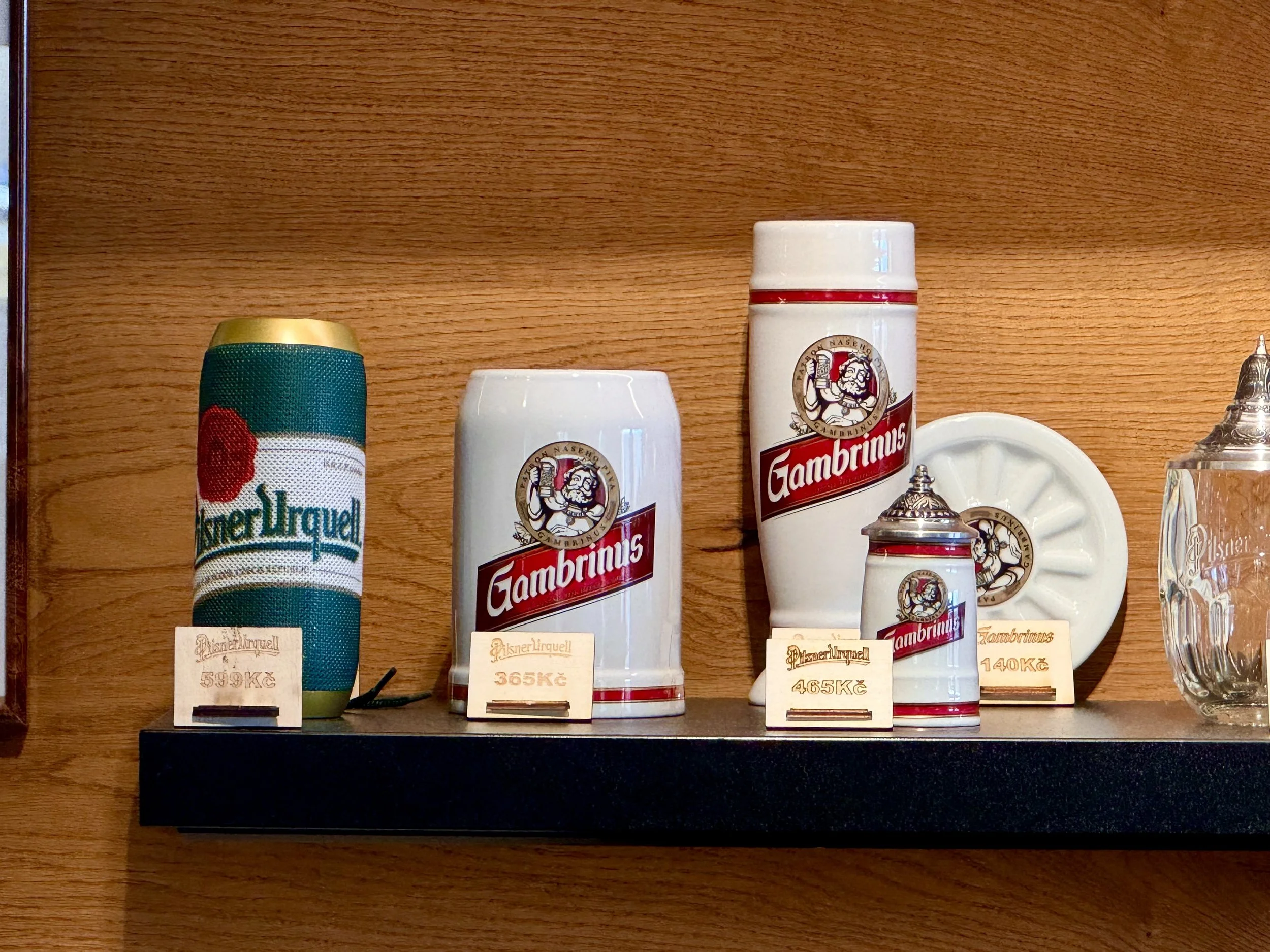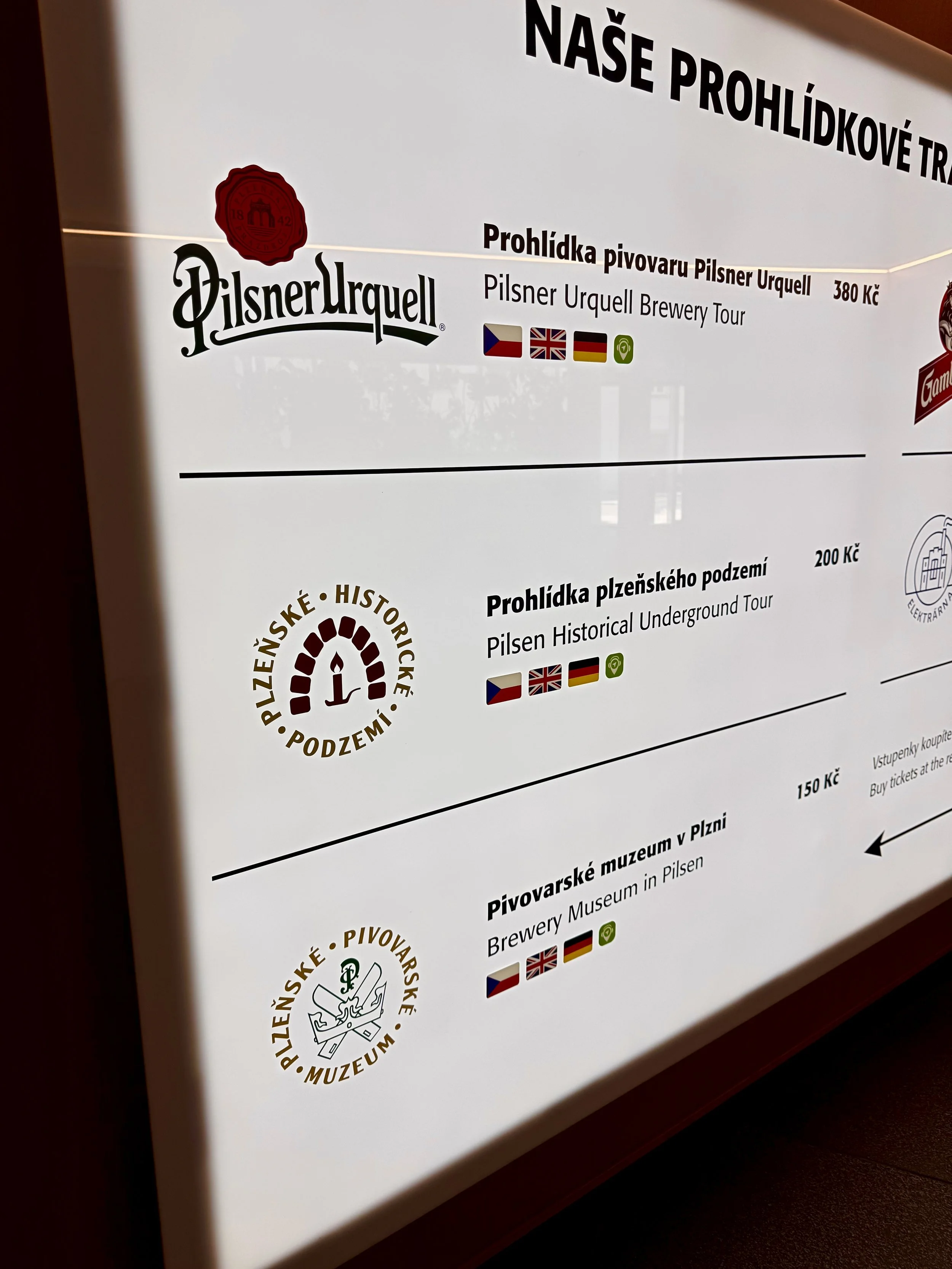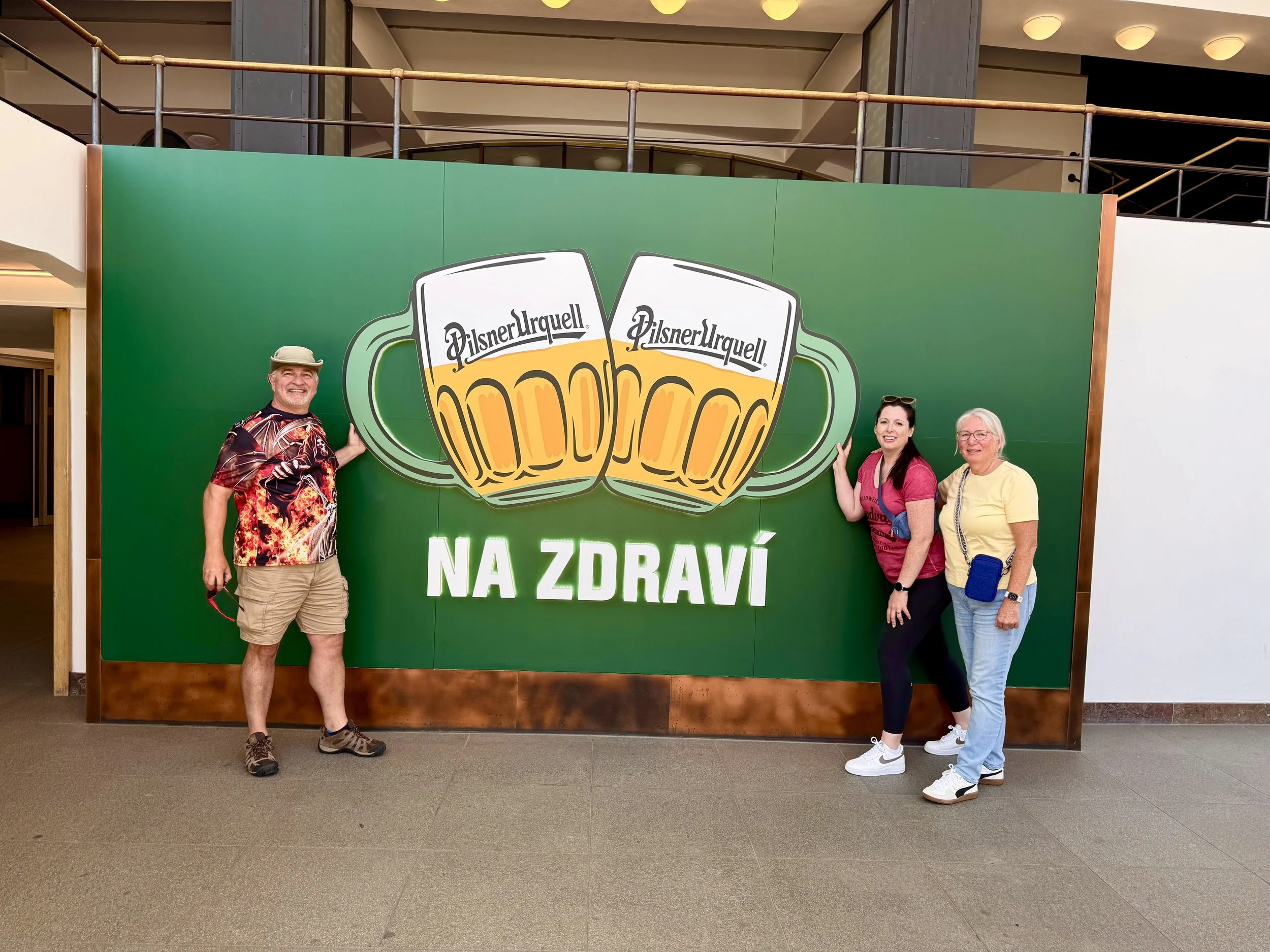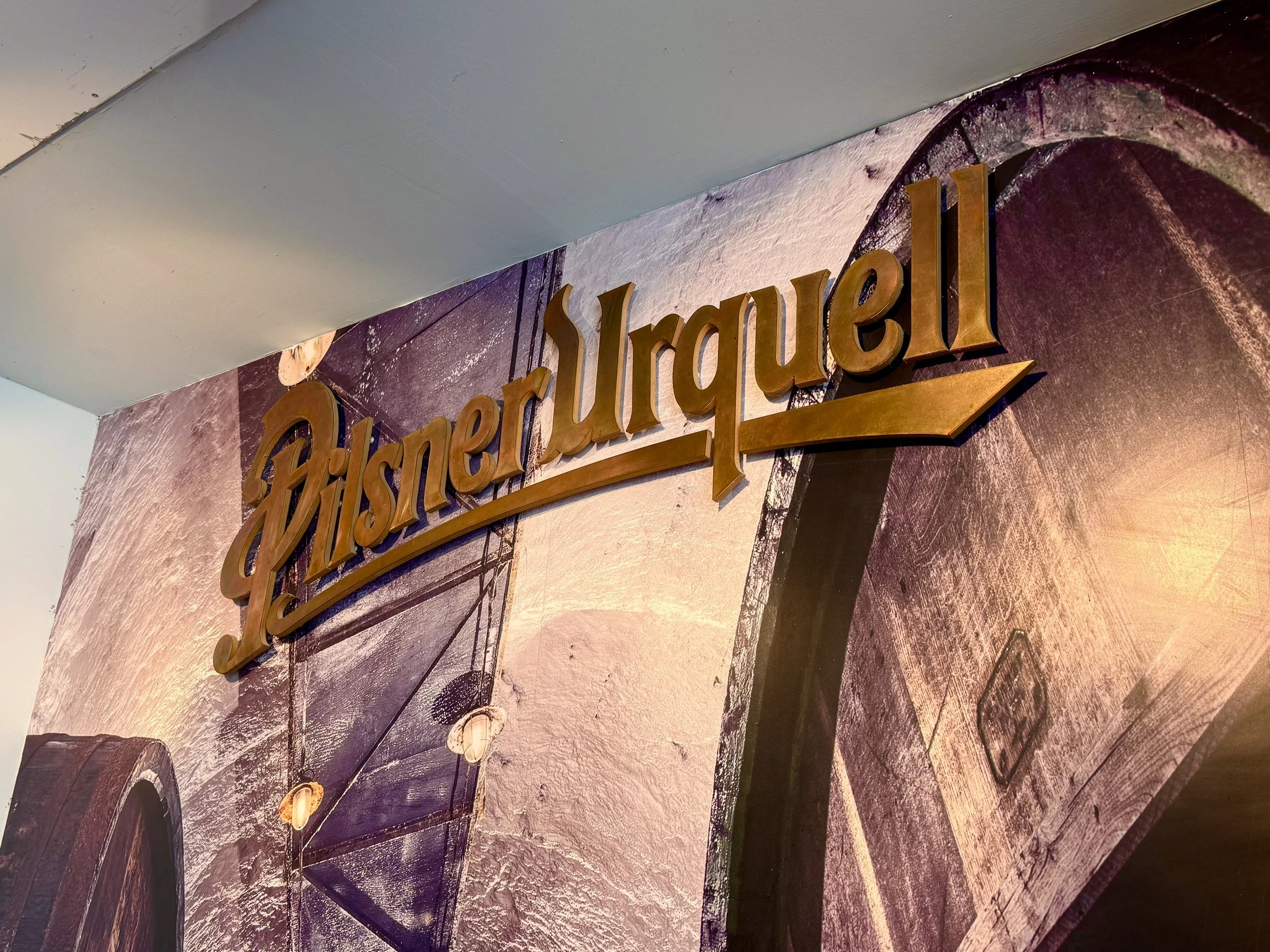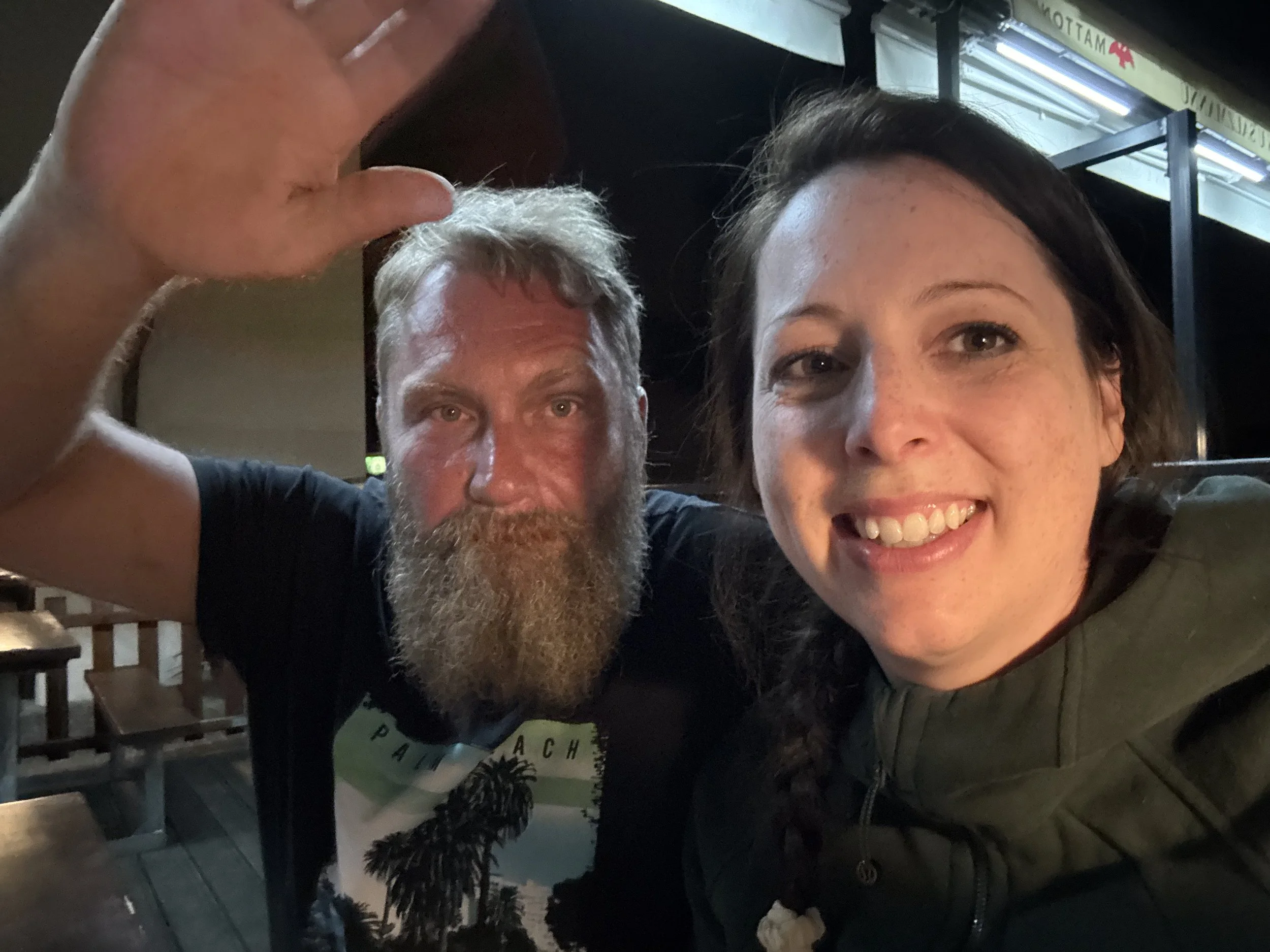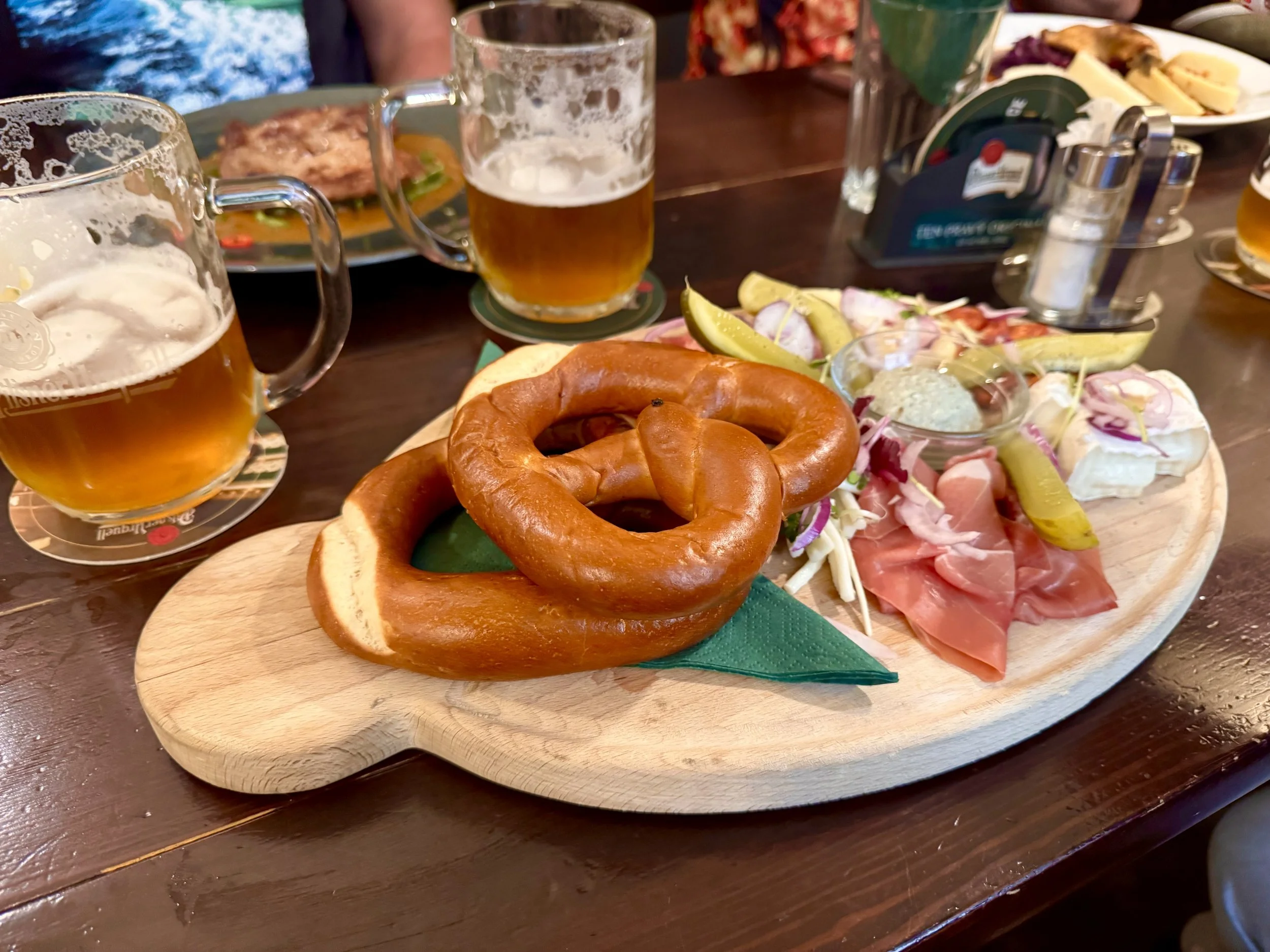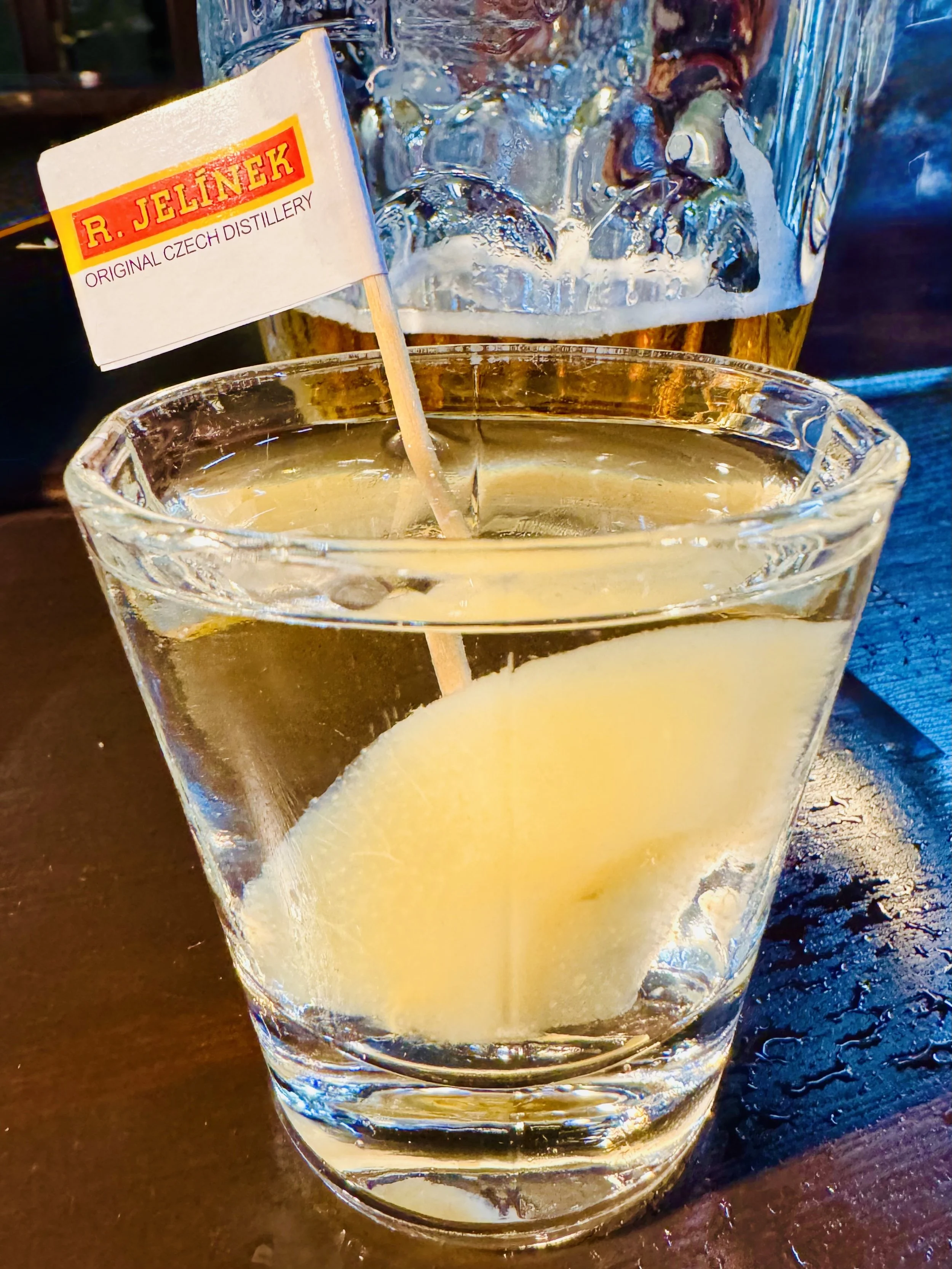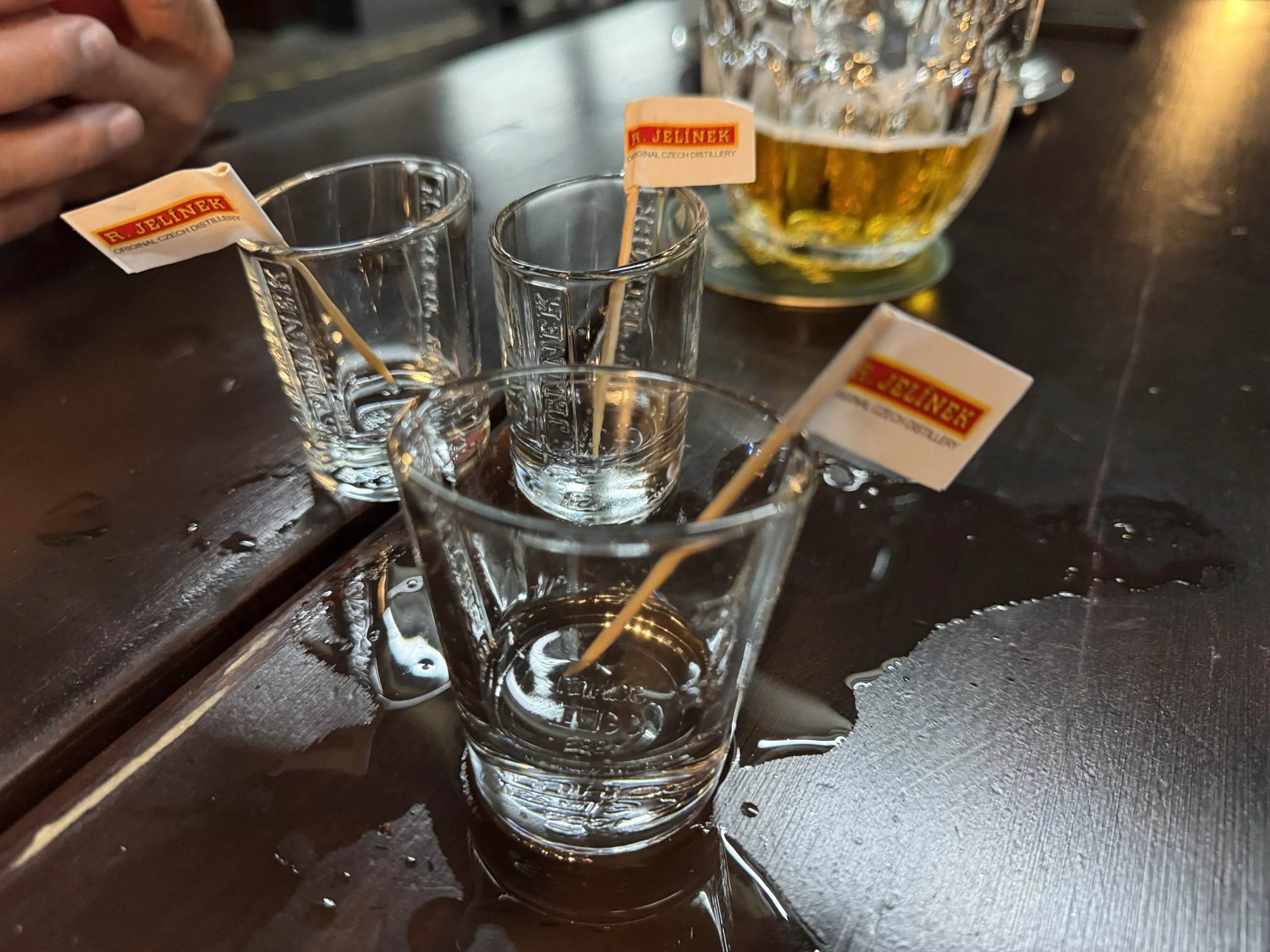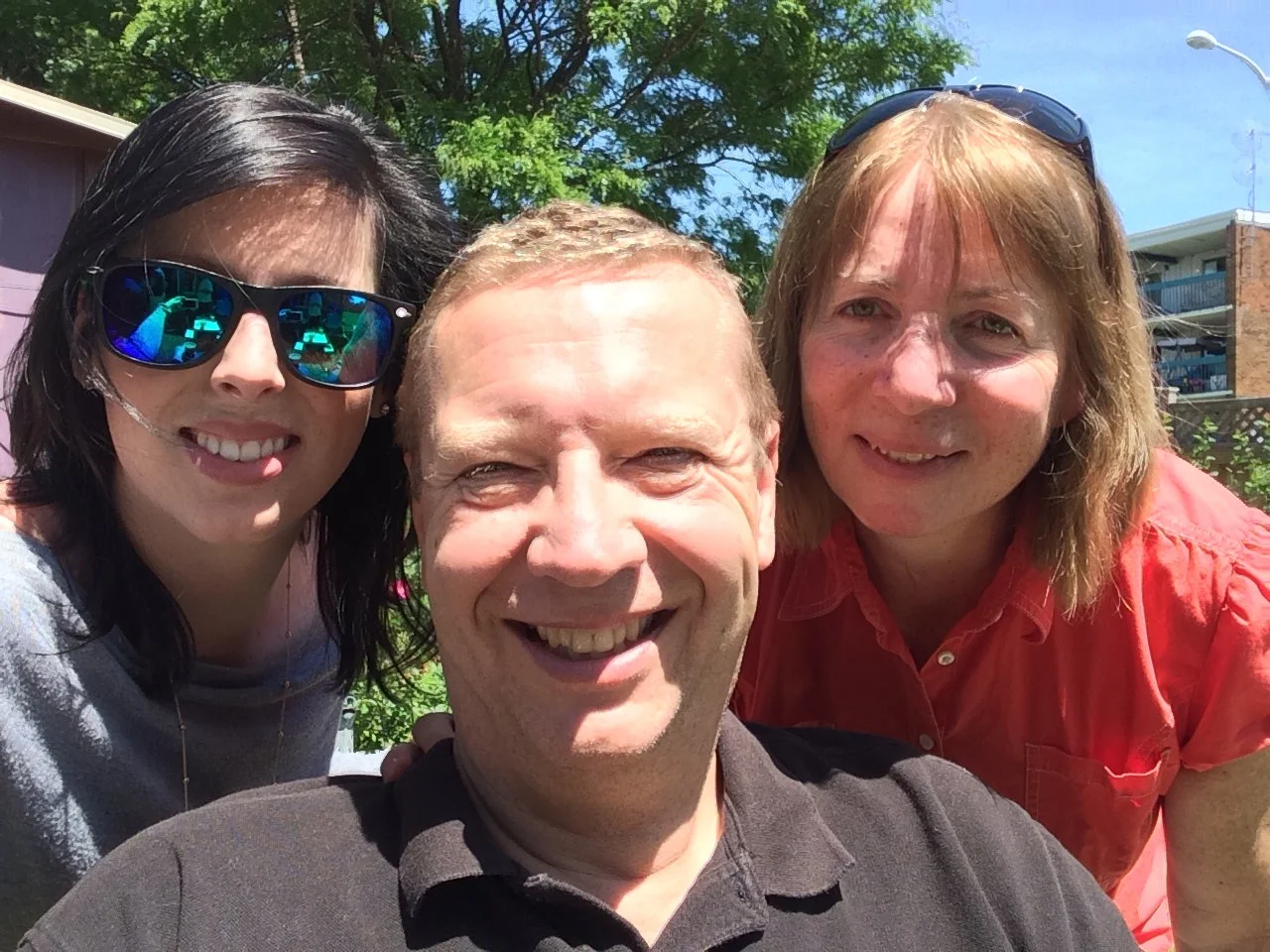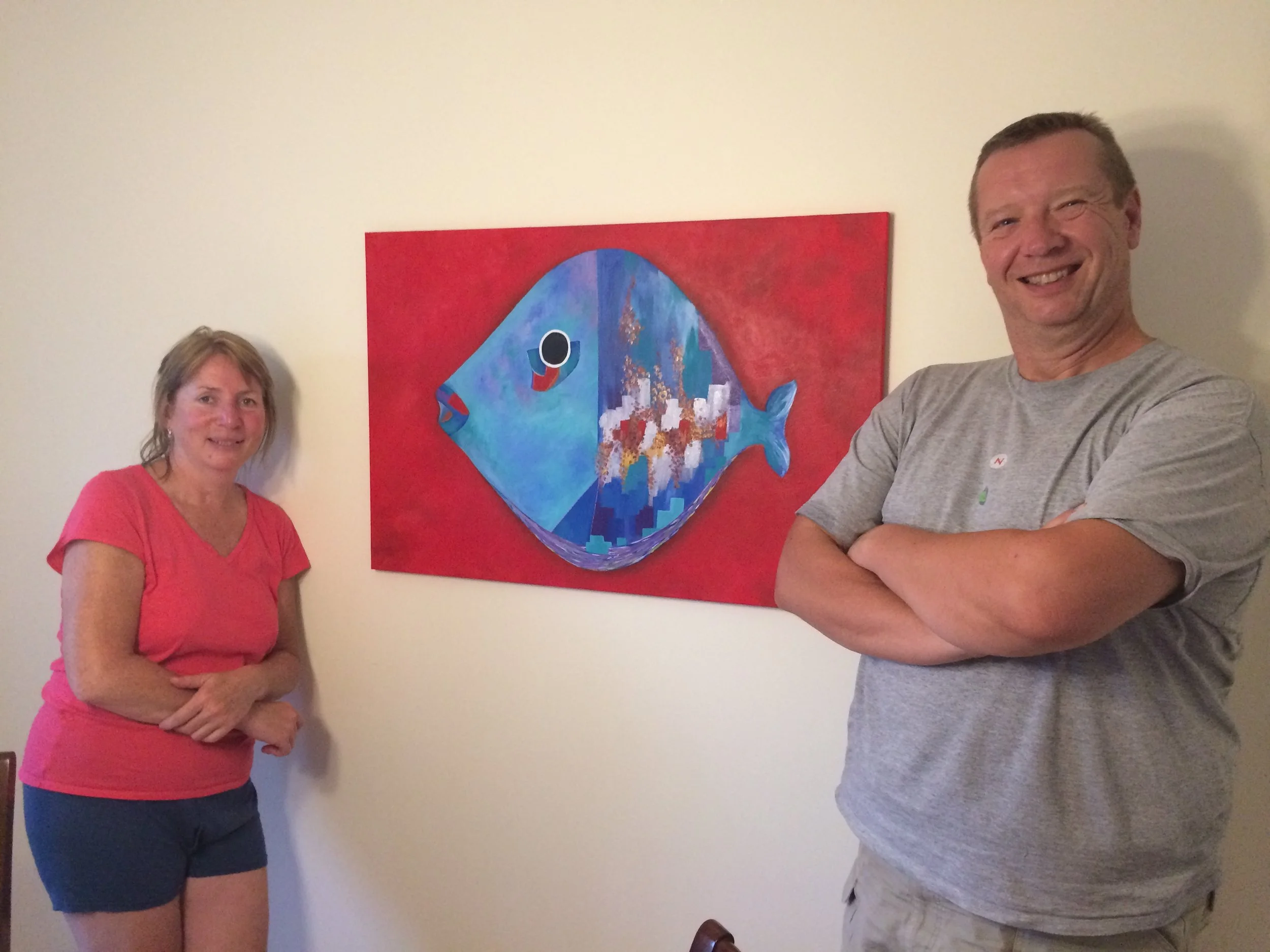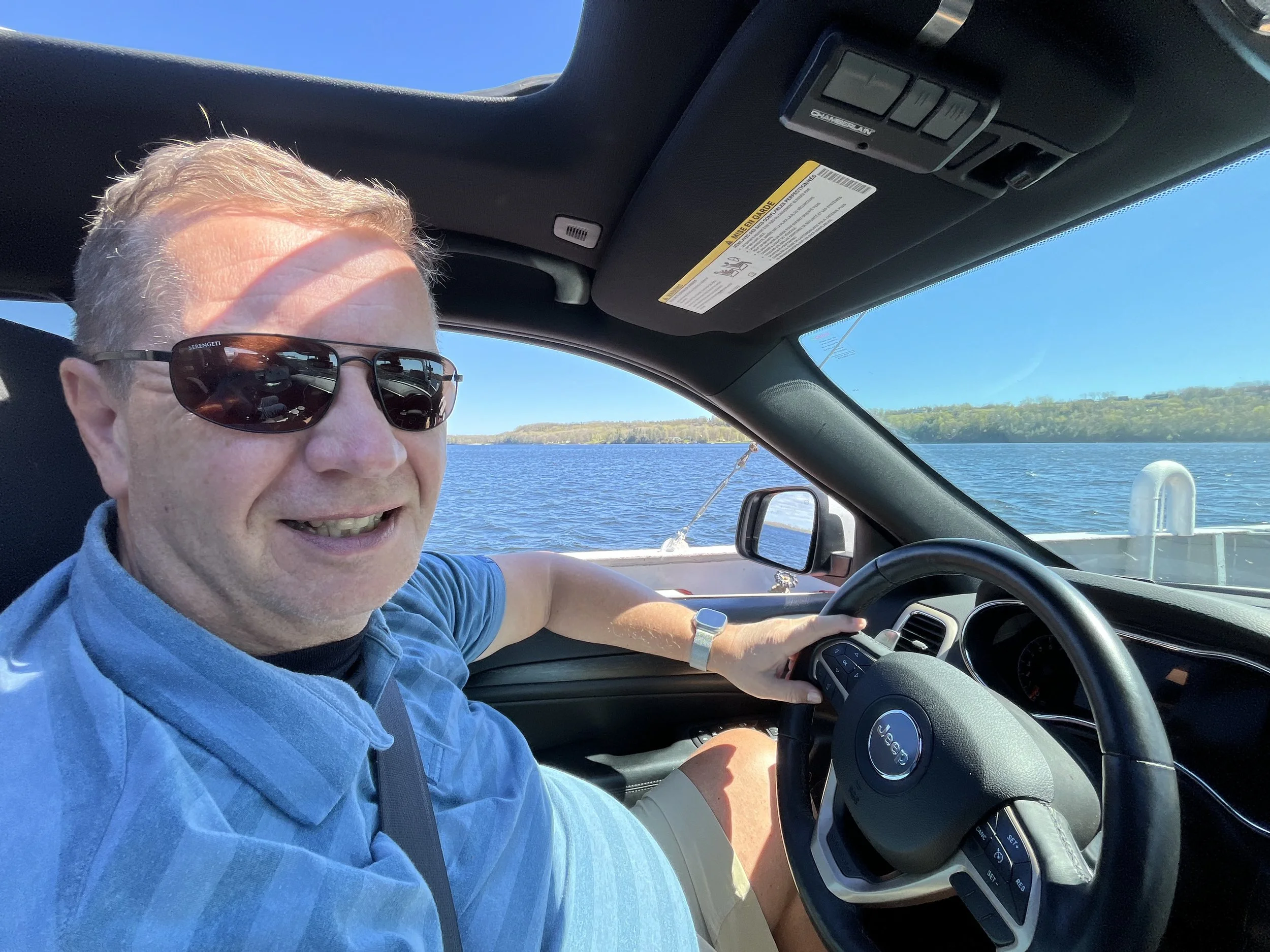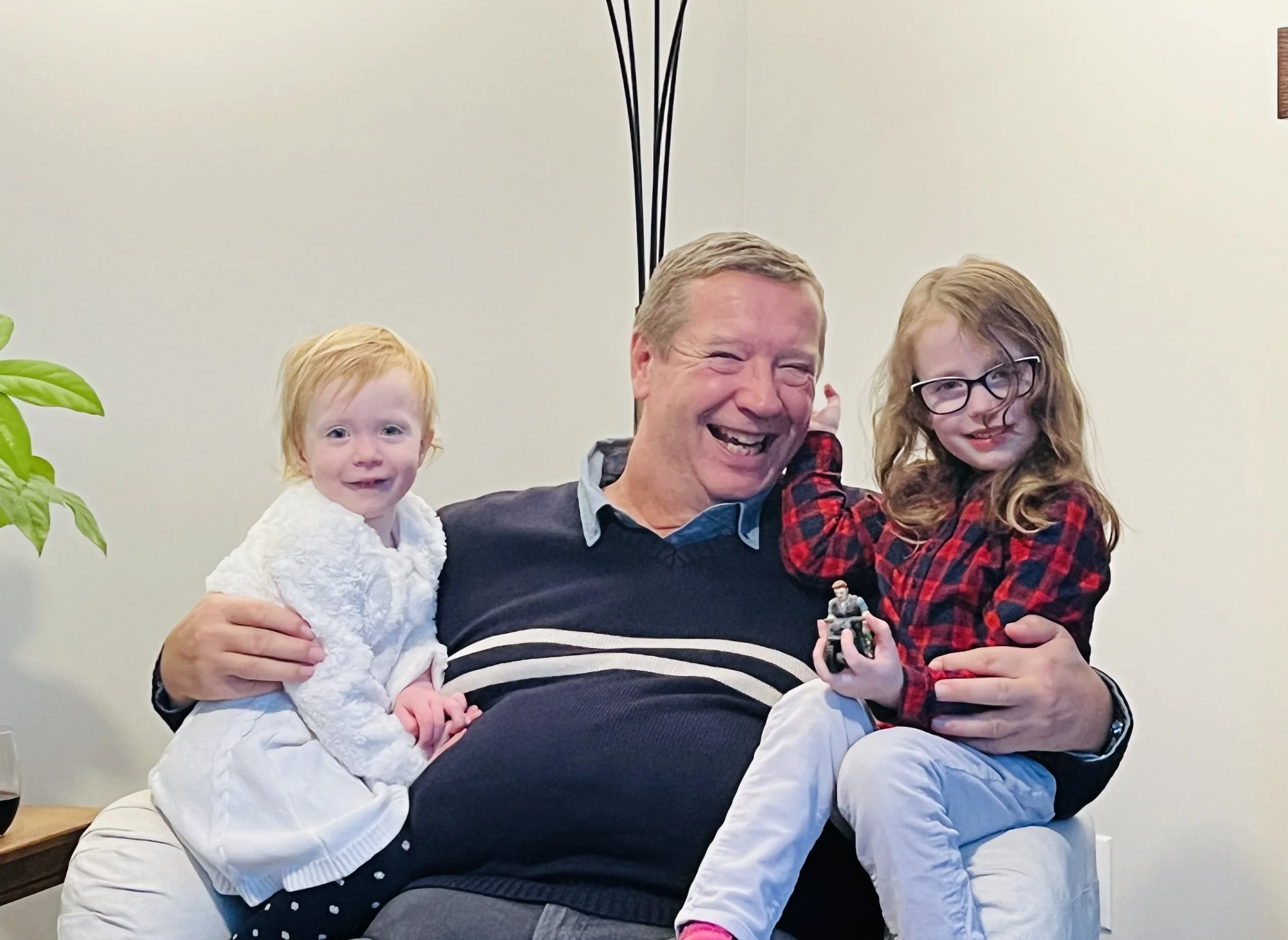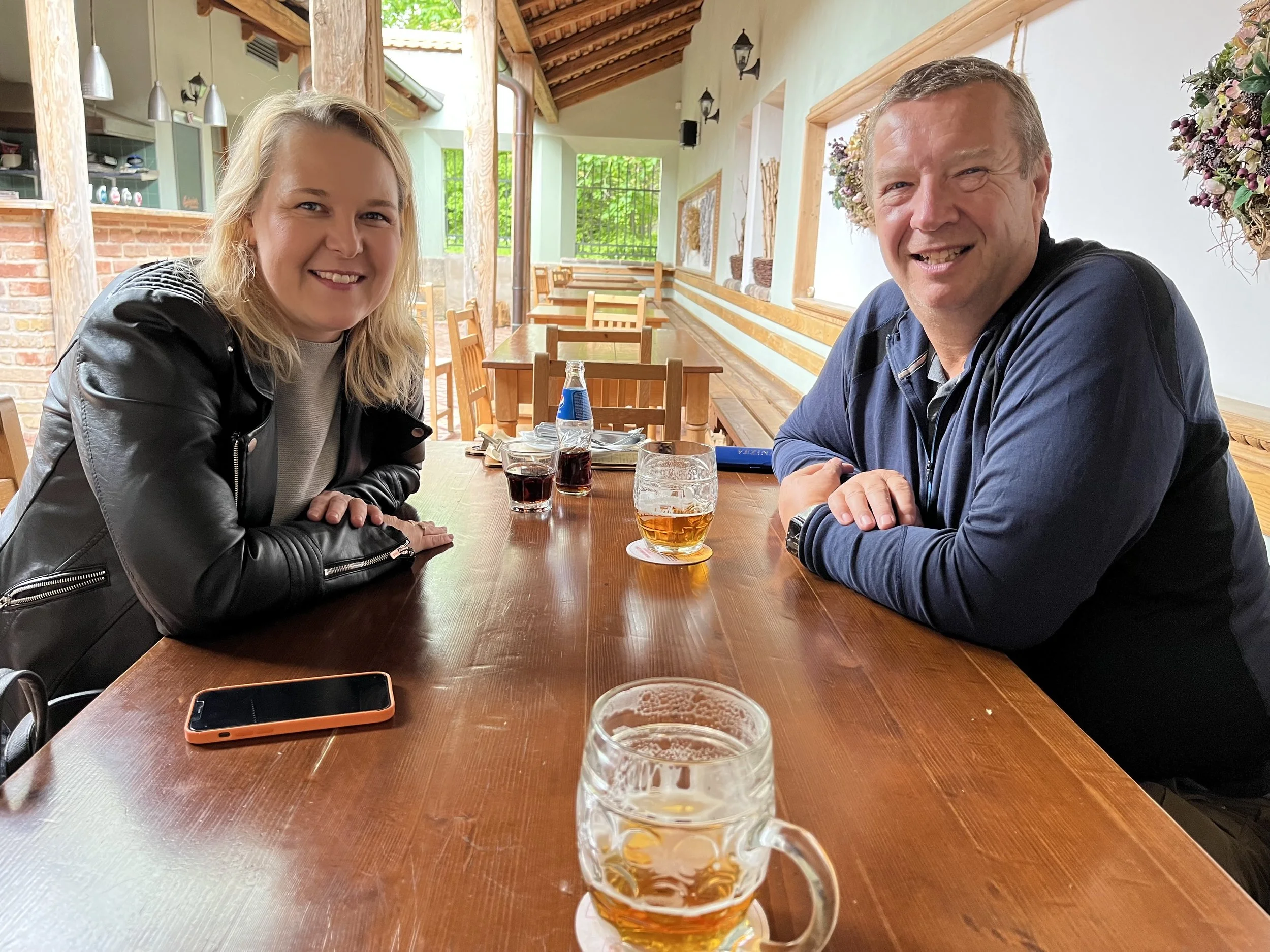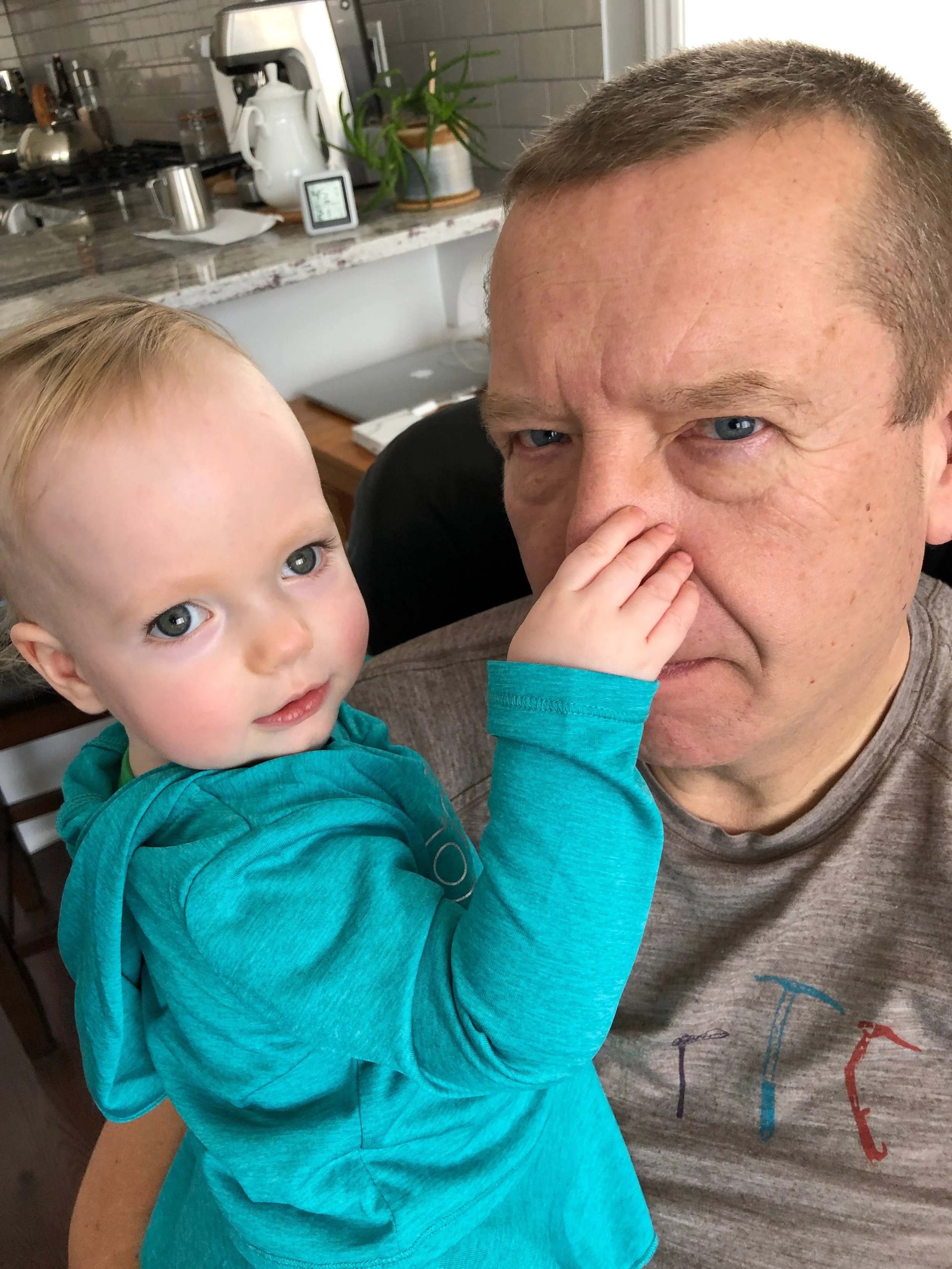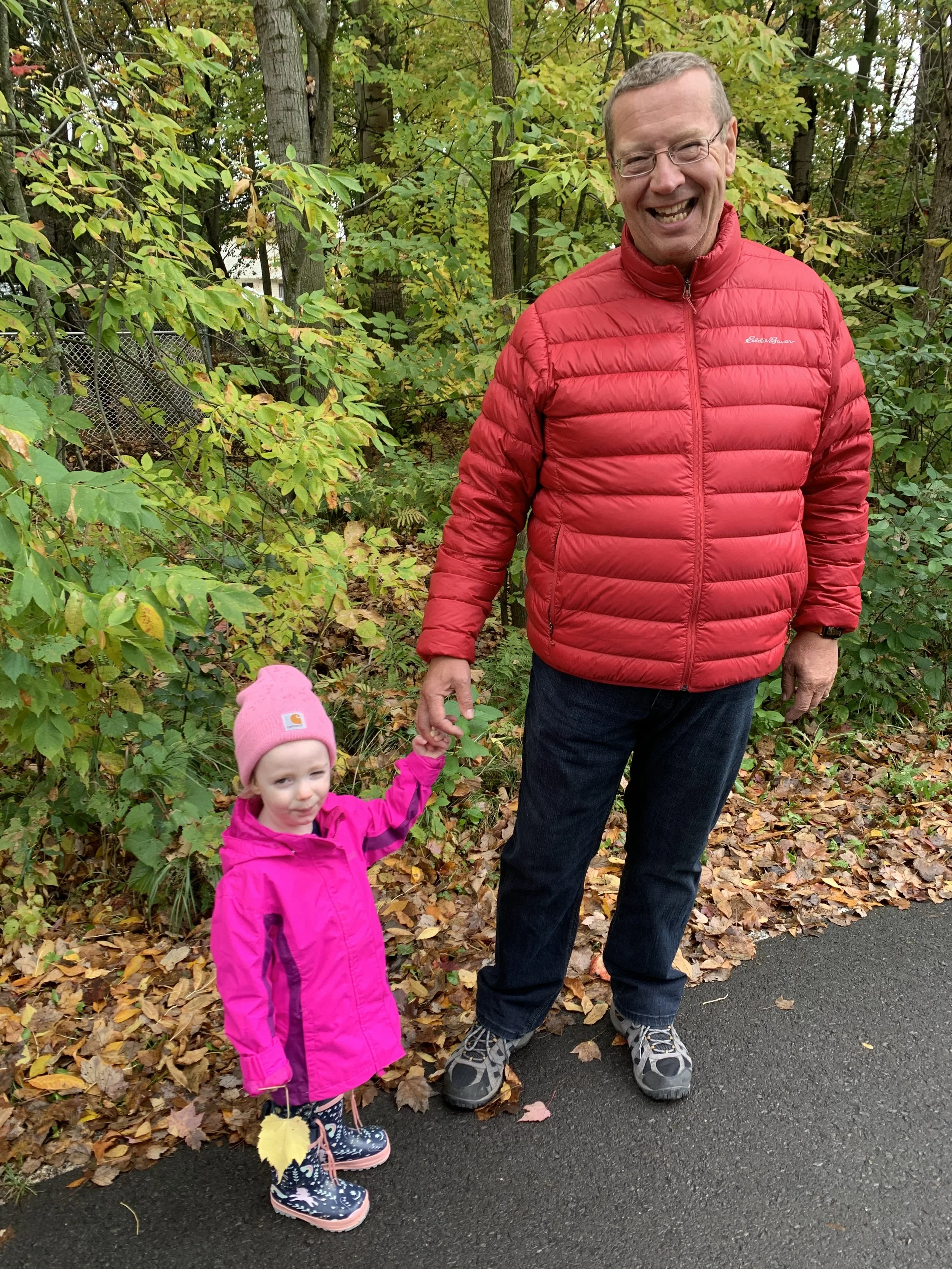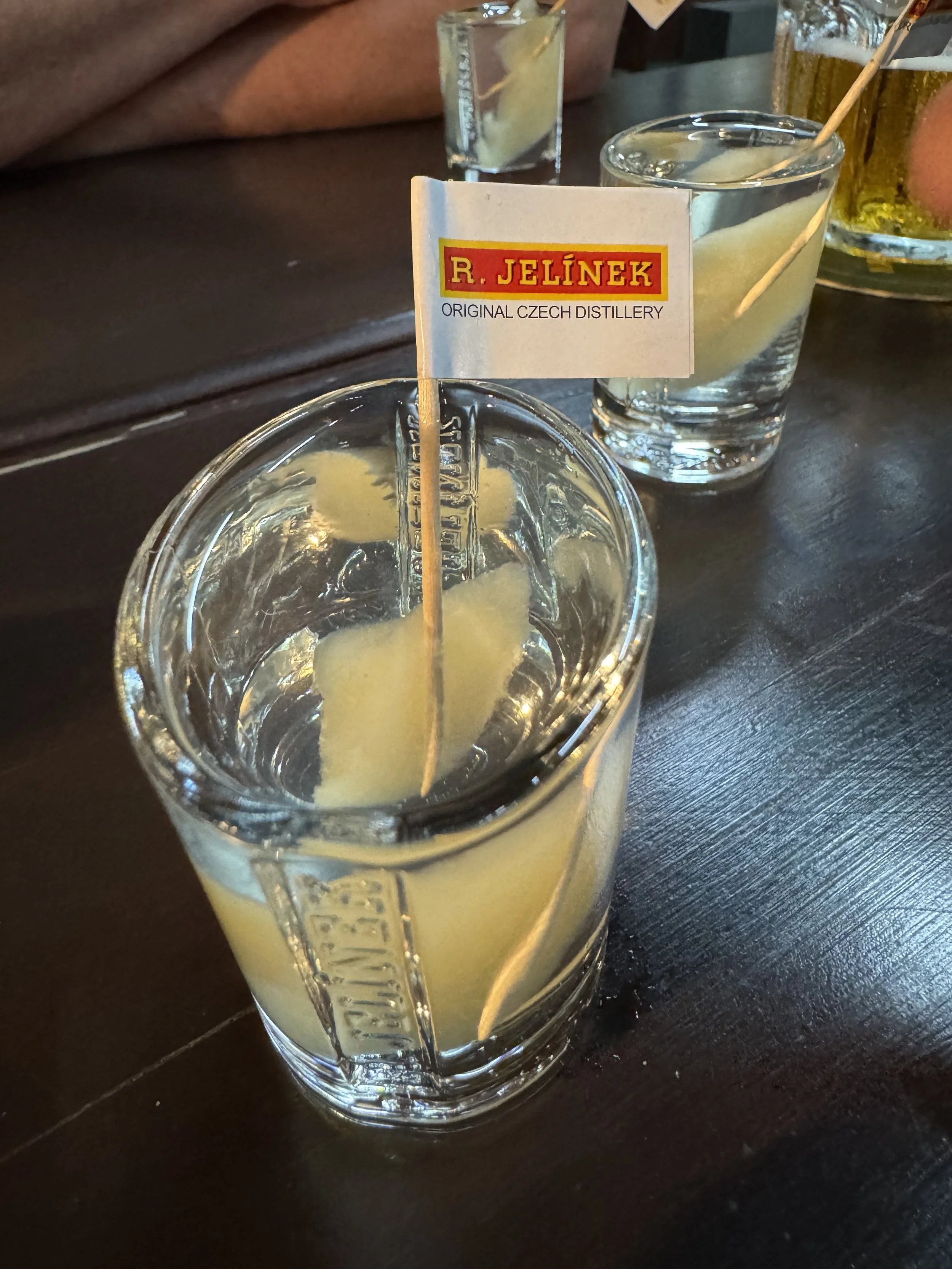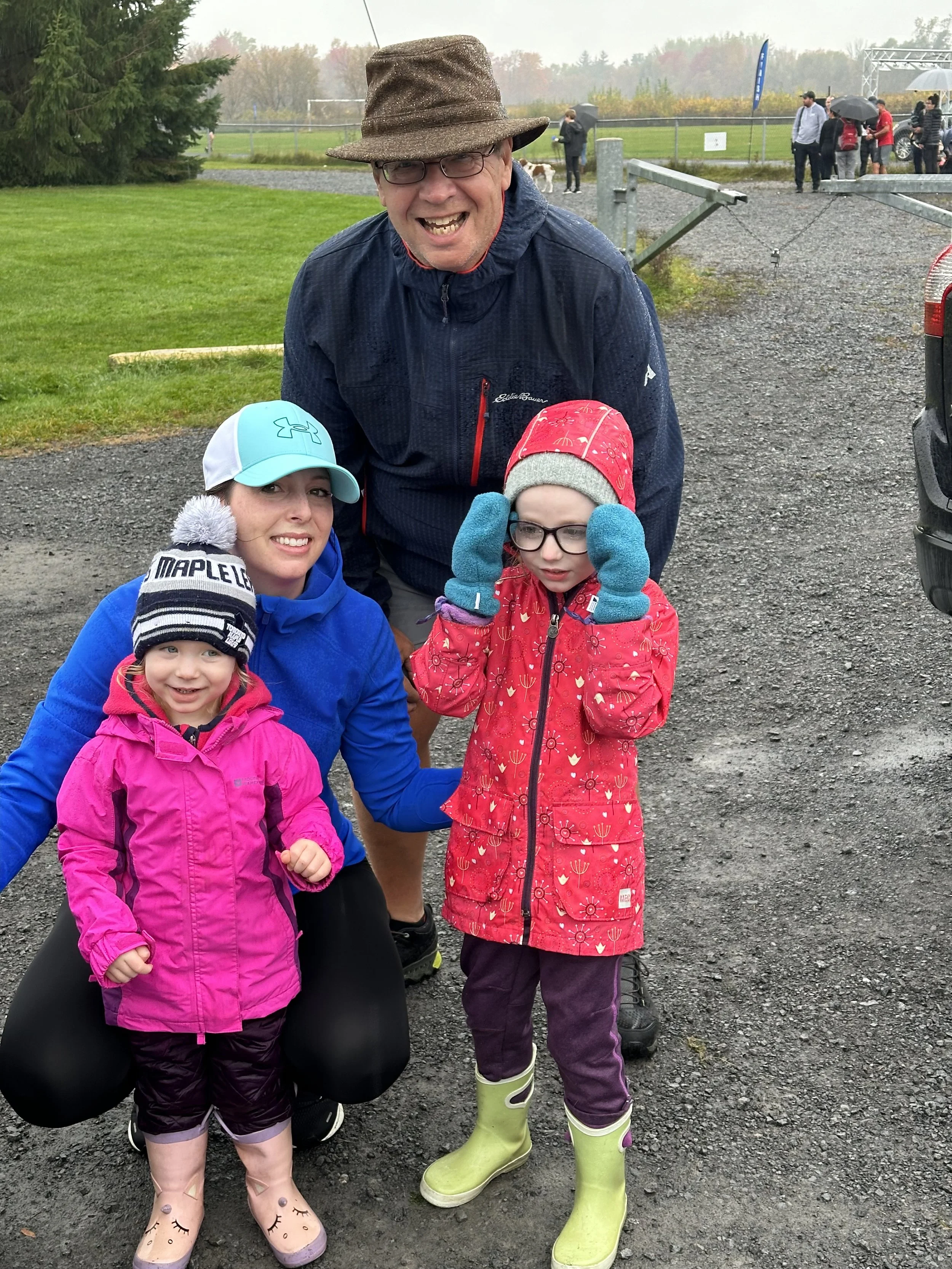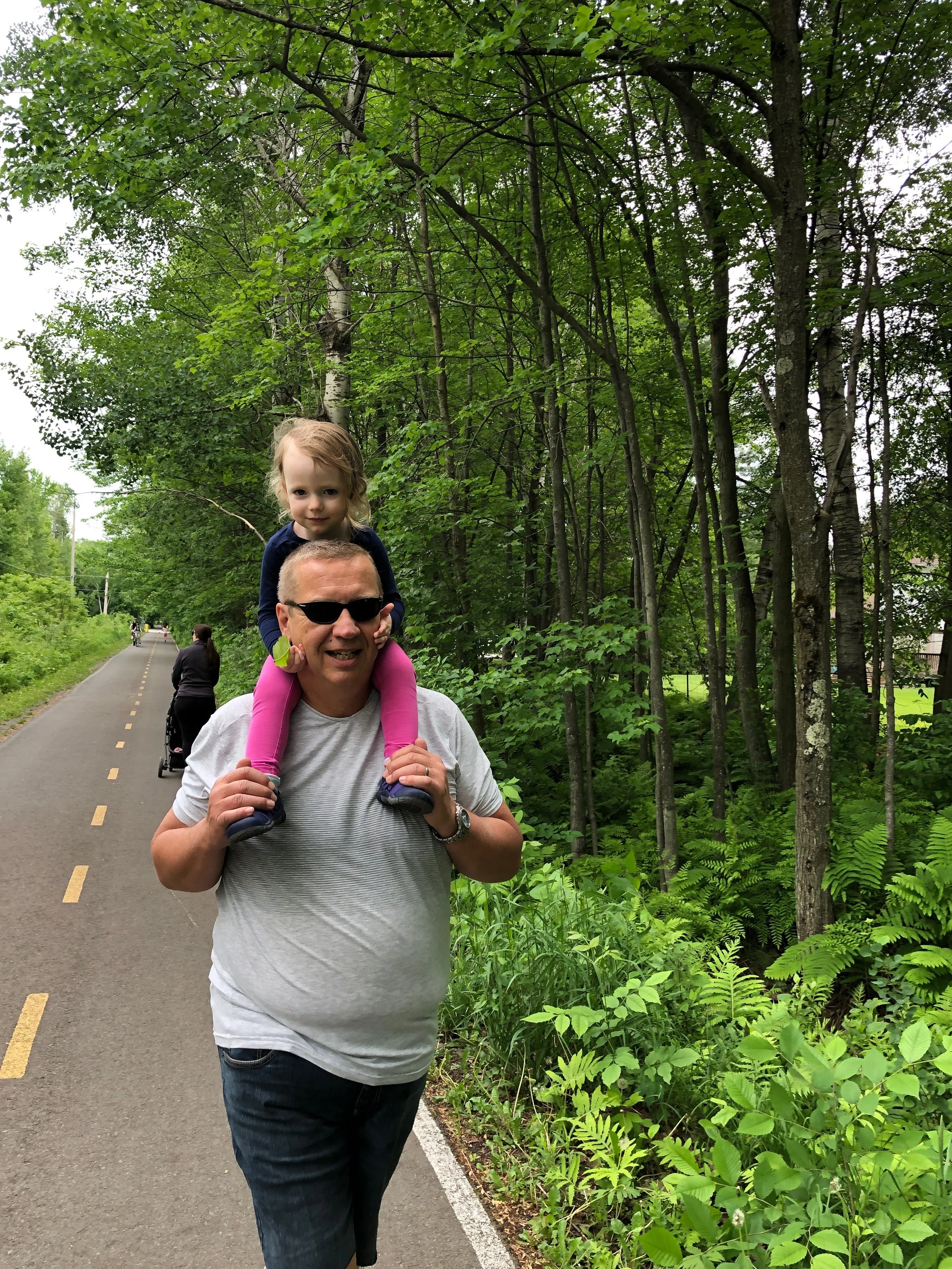5. Pilsner Urquell & Sáša, our Plzeň cousin
Dear Reader, I have a confession: I lied. Not on purpose—at the time, I genuinely believed it—but life has since corrected me.
I am not a tank.
A tank is a 6’5” Czech man.
A tank is a German-Canadian named Rod.
I am… more of a well-armoured hatchback.
Last night proved it. We went out with Sáša for our Czech Pub Night. Sáša’s mother, Ivanka, is Zed’s first cousin, and at 50, Sáša feels like the reincarnation of Zed—same laugh, same mannerisms, same uncanny way of leaning in when he’s about to tell you something outrageous.
We spent the night exactly as Zed would have wanted: eating, drinking, pubbing, beering, and—because it’s the law here—rounds of slivovice. The kind of night where the conversation is loud, the glasses keep clinking, and you suddenly realize you’ve been speaking way too fast and Sáša is now just nodding along, smiling, and letting the slivovice do its work.
I’ll get into the full Friday night-in-Plzeň debrief soon enough, but for now—let’s hit rewind. Back to Friday morning in České Budějovice…
Friday, August 8
I woke up too early Friday morning. Muscle memory. A year ago, I got the call from my mom—early, before the day had properly begun.
August 8, 2024: Zed had a stroke in the night. The ambulance came, took him to the hospital. They told my mom to wait before coming, so she called me instead. I picked her up, and we drove to the Civic Hospital in Ottawa.
We found our way to the ICU. I thought I knew what hospitals could do to you, but I wasn’t ready. My mom went to his bedside, speaking to him in calm, reassuring tones. I froze in the doorway. He was there in the bed—gown, oxygen mask, mumbling in that post-stroke way—upset, but relieved to see her. I lasted two seconds before I turned back into the hall.
Something came over me. Tears, sudden and uncontrollable. My chest tightened, my stomach turned. I slid down the wall out of sight, sure I was about to pass out or be sick. My vision had gone black and I was seeing stars. I’d never seen him like that—so vulnerable, so diminished. I let the wave pass, pulled myself together, and went back in. I didn’t want him to see me unravel. If I looked strong, maybe he’d feel safe.
I sat. Nurses and doctors drifted in and out. My mom fed him ice and sprayed mint to soothe his dry mouth.
At some point, I stepped into the hallway to speak with the doctor. The news came in two parts. First—the stroke procedure worked. They’d cleared the clot. Then—the blow. Scans showed his body was shutting down. The damage was everywhere. There was nothing more they could do. It was palliative now. Days left, maybe less.
Mom and I shifted his care from intervention to comfort.
I went back to him, took his hand. My mom said, “Zed, look—Annie’s here.”
And I’ll never forget this part: He turned, said my name, his blue eyes locking on mine. His grip was firm. I felt the tears rise but forced a smile instead. I said something—encouragement, promises we’d be there to the end. I don’t remember the words. Only that this was the last time he looked at me, lucid and awake.
That was the last time he ever looked into my eyes… in the way you feel that deep connection with another person. Familiarity, love, caring, concern. Appreciation. Reassurance. All in ten seconds.
Soon after, he drifted into sleep. Mom and I stepped out to get supplies. What I came back with was Pilsner Urquell. I sat by his bed in the ICU, the soft noises of the ICU the room, and quietly raised the can in a toast. To Zed. To everything he was. And to the fact that even here, in this moment, it felt right to share one last beer.
And unbelievably—we didn’t even plan it this way—our trip to Pilsner Urquell brewery was on the docket for today…
We set off from České Budějovice, and enjoyed a 2-hour road trip through South Bohemia and into Pilsen region.
Our destination: Plzeň (Pilsen) - the final stop for this trip before returning to Prague and then home. Friday through Sunday will be for family—visits with Zed’s relatives, our adoptive Czech family.
The road was a patchwork of gently rolling hills, intersected by fields of wheat, potatoes, and oilseeds—farming remains a backbone here. In the distance, thick forests and the surrounding mountains edged the horizon, a natural border for the country.
Alone in the quiet, we passed thatched villages where houses wore South Bohemian rustic Baroque fronts—ornate yet unpretentious, a signature rural style in the region. Tiny farmsteads popped up too—remnants of centuries-old resilience, where families still tend land that once supported entire communities. Life here is slower, grounded in centuries of farming traditions and woodland edge living.
Around us were vast fishpond systems—flash-green mirrors among the farmland. Mom told us that fish farming in the Czech lands has roots reaching back nearly a millennium - named RYB or Rybníkářství. “Rybník” literally means “pond”, and rybníkářství is the craft—or art—of fish farming in this tradition.
This South Bohemian region is divided into hundreds of interconnected ponds, covering over 6,300 hectares. Built mainly between the 15th and 16th centuries, these ponds were originally created to drain wetlands—but eventually became a powerhouse of carp production.
As part of the post-WWII rebuilding and industrialization push, Mom told us that Soviets required the people to eat fish. This is because Soviet planners noticed a gaping nutritional gap in the Czech people — especially in protein. Raising livestock was expensive and inefficient, so the answer was obvious: fish.
That sparked a full-on state campaign to turn fish into the People’s Protein. The fishing industry exploded — from 1.4 million tons in 1940 to nearly 5.8 million by 1967, making the USSR the third-largest fish catcher in the world.
Now it all makes sense why Zed always wanted fish on Christmas Eve, a cultural tradition.
And after some secondary research, I learned that behind it all stood a dedicated Ministry of Fish Industry — yes, a fish ministry — that oversaw everything from quotas to shipbuilding to consumption targets.
I think this is all very interesting and perhaps has some lessons for Canada.
The ponds aren’t just fish farms: they shape the land, conserve water, regulate floods, boost biodiversity, and support recreation. It’s a testament to how humans and ecosystems can exist in a way that’s healthy for both.
Then Plzeň appeared, its skyline punctuated by church towers and factory chimneys—a signal we’d arrived in the birthplace of Pilsner, where the commercial centre of Czechia meets centuries of rural heritage.
And finally—after all the promises we’d made to visit Pilsner Urquell together, after losing Zed, after the months of planning, the flights, the long drives—finally, I stood at the royal gates of Pilsner Urquell brewery. My favourite beer in the world, now with much more meaning.
Picture this: we push open the door of the brewery pub, descend the stairs, and settle in like an homecoming of old friends. The first order hits the table—unfiltered Pilsner Urquell, that golden, slightly cloudy liquid that tastes like the purest version of itself.
Next, between beer bread rolls, in comes Thomas, our waiter-slash-spirit guide. He nudges us toward their special house creation: Štamgast, an Elektrárna brew dialled in with both German and Czech hops. It’s dry‑hopped to deliver an aroma that practically puckers your senses—citrus, herbs, and a whisper of spice (all of this I have learned from Rod as I did not know or understand dry hopping).
The guy behind the bar? Michael, the brewmaster himself. He slides the Štamgast across the table with the pride of someone who knows you’ll rate it a ten. We took notes. He stayed curious. Deliciousness ensued.
For lunch, it was business as usual: meat and starch. Mom and I shared grilled chicken, spatzle, with a side of beer-infused bread, while Rod went full Czech comfort—beef in a creamy sauce with dumplings. The only veggie in sight was a garnish.
Of course, as we joked between sips, Mom and Rod formed a roast coalition:
“You millennials sleep too much!”
“You lack stamina!”
I may not be a tank, but I can tank down great beer. And as I raised that first glass, every jab felt like a toast to fight through the day—Czech-style.
That was around the point of the lunch where Rod and Mom staged a full-scale editorial coup.
According to them, my blog so far has been “a little one-sided” — meaning far too flattering toward me and my heroic stamina (their words, but only in the sarcastic font). In the interest of “balance,” they announced they would be taking over today’s entry to provide their perspectives, which, shockingly, do not feature me as the stoic, indefatigable traveller I clearly am.
Their working titles included:
How to Nap Your Way Through Czechia: A Millennial’s Tale
Beer First, Sightseeing Later (If Ever)
She’s Not a Tank, She’s a Teacup
I’m told their editorial mission will be to “set the record straight” on my alleged inability to keep up, my reliance on “Apple Pay” and my suspicious talent for collapsing in bed at odd hours and bailing on existing plans.
Frankly, I’m looking forward to reading their spin. I’m sure it’ll be full of boomer “insights”, but at least it’ll refute the claim that I am a megalomaniac in leggings and prove I’m generous enough to publish opposing views…
Guest Post: From the Desk of Mom
We left the Pilsner Urquell brewery at 2:00 p.m., bellies full of beer and starch (as usual), and made the quick trip to our BnB. By 2:30 p.m., Rod and I were unpacking. Annie, meanwhile, disappeared into the bedroom to “just lie down for a minute.” Translation: second nap of the day.
I gave her an hour. At 4:00 p.m., I tried to wake her up. Rod and I went out to get money and stretch our legs. We came back to find her still in the BnB — allegedly “getting ready.”
By the time Rod and I were standing outside chatting with Sáša, waiting, Annie finally emerged from the BnB like she was making her Cannes Film Festival debut. Hugs, fanfare, and a sweeping declaration: “Pub night!”
Sáša — Zed’s cousin and possibly his reincarnation — gamely took us next door to an adorable little pub by the Brewery History Museum. We sat down, ordered drinks, and immediately Annie demanded a pretzel. And a filtered beer. And then she started machine-gunning questions at Sáša like she was interviewing him for a late-night talk show.
“Where are you from?” Fine.
“What’s your favourite pub?” Still fine.
“What’s your favourite colour?” I had to put my drink down.
He just stared at her. I stared at her. Rod stared at her. I don’t think anyone in the building knew why that was happening.
Here’s the thing: Rod and I are hardy folk. We’ve been on our feet all day. We’ve toured breweries. We’ve walked the streets of Plzeň. Annie? She needs naps, pretzels, and deep insights into the colour preferences of our dinner companions.
I don’t know what’s wrong with her. But I do know we’re taking over the blog again tomorrow. Someone has to bring balance to this story.
(Here’s a pic of Annie, Zed, and Mom—the original Three Musketeers)
And now back to Annie…
After pub dinner around 7 p.m., I walked Mom back to the BnB. It’s amazing seeing Sáša, but it’s also hard. It makes it real. He’s so much like Zed it feels like he could step right back into our lives. Mom’s starting to “feel it” now too — the family visits have shifted the trip’s mood from tourist escape to something heavier, knowing that Sunday we’ll scatter Zed’s ashes near Prague. She needed to take a knee.
I stayed with her — valiantly, I might add — leaving Rod to drink with Sáša at the pub literally 50 feet from our door. Around 9 p.m., we started texting and calling Rod to get the key so we could lock up and go to bed.
Rod was untraceable. Incommunicado.
I wasn’t about to leave him locked out (I’ve experienced that before in a foreign country and it’s not fun), so around 10 p.m. I messaged: Meet me outside the BnB NOW for the key, or you’re sleeping on the street.
At 10:15, Rod replied, “I’ll be there in 5.”
At 10:30, I’d been standing outside for 25 minutes, silently rethinking my life choices.
Finally, at 10:35, the two men appeared. Rod muttered to me that we’d abandoned him to “hold the Canadian reputation down” — as tanks.
I have no idea how much they drank in my absence, but I do know their first decision upon arrival was that I would be joining them for “just one beer” at the next pub. I agreed — but it was nearly 11 p.m. (!!!), far past my bedtime.
Several beers later…
It was almost unsettling, sitting out there on the pub patio, because looking at Sáša is like catching Zed in your peripheral vision—but younger, broader, with a beard that could smuggle a family of robins. Same ice-blue eyes, same easy shoulders, same little sideways grin that says, I’m about to say something either profound or completely ridiculous—your job is to guess which.
Rod and I were across from him, all of us leaning over sweating mugs of Pilsner, the pear slivovice lined up like we were in some kind of Czech endurance sport. Sáša started talking about Zed, and it hit me in that way where you’re half-laughing, half-blinking back something else.
“You know,” he said, “I didn’t really get to know him until about ten years ago. Before that… he was just my older cousin. But then we started drinking together.”
Now, when a Czech man says drinking together, it’s not “had a couple beers.” It’s code for: “We went beer for beer, told ridiculous jokes, and argued about philosophy until the sun came up… until our souls opened and the male bond was formed.” And that’s exactly what they did. He said they had the same dumb sense of humour, the same love of pointless philosophical detours, and a shared talent for keeping a straight face while saying absolute nonsense.
Then Sáša smirked. “My mother Ivanka told me once—‘Zed is a very clever man, and he has a heart of gold… but don’t believe everything he says.’” We burst out laughing, because that was Zed: smart as hell, but also a world-class shit-disturber who got bored and thought What if I just mess with them a little?
By the second or third round of beer and slivovice, the conversation had gone from sentimental to the kind of loud, animated laughter that makes strangers glance over. We were doing that thing where you slap the table, wipe your eyes, and immediately raise your glass again. It felt like Zed was right there with us—probably telling us a story that we couldn’t quite figure out if it was real or not.
